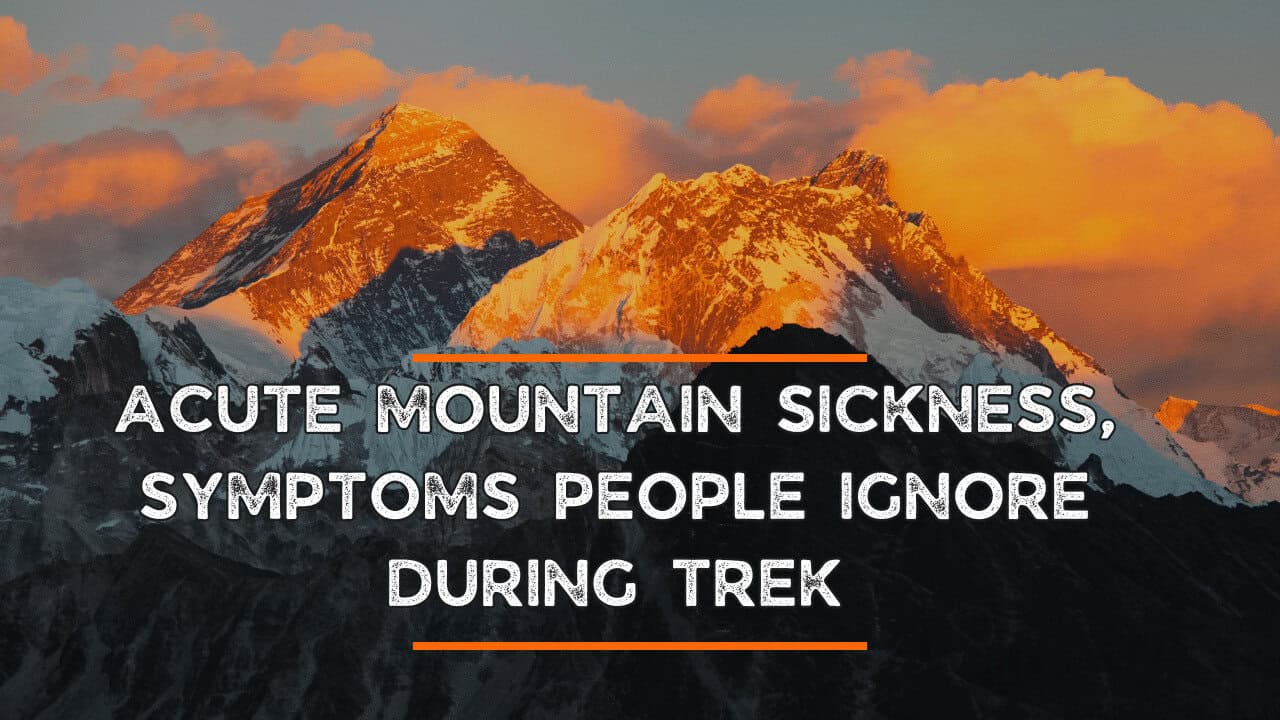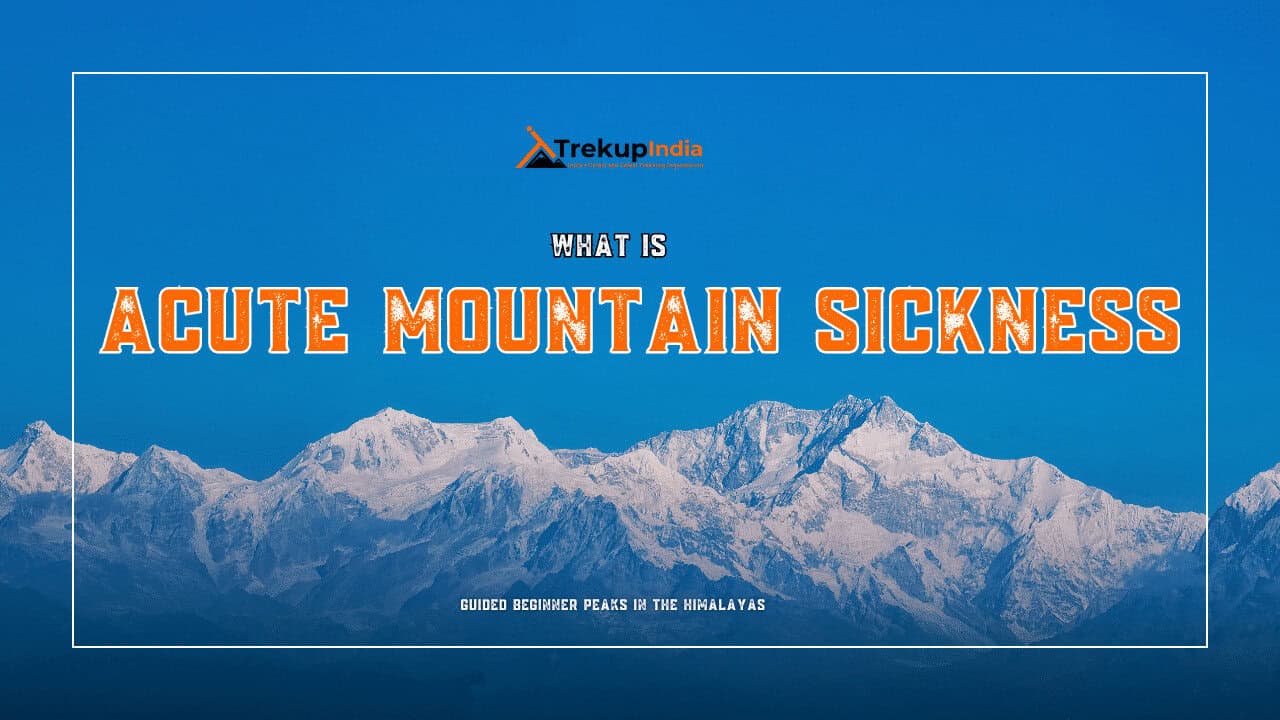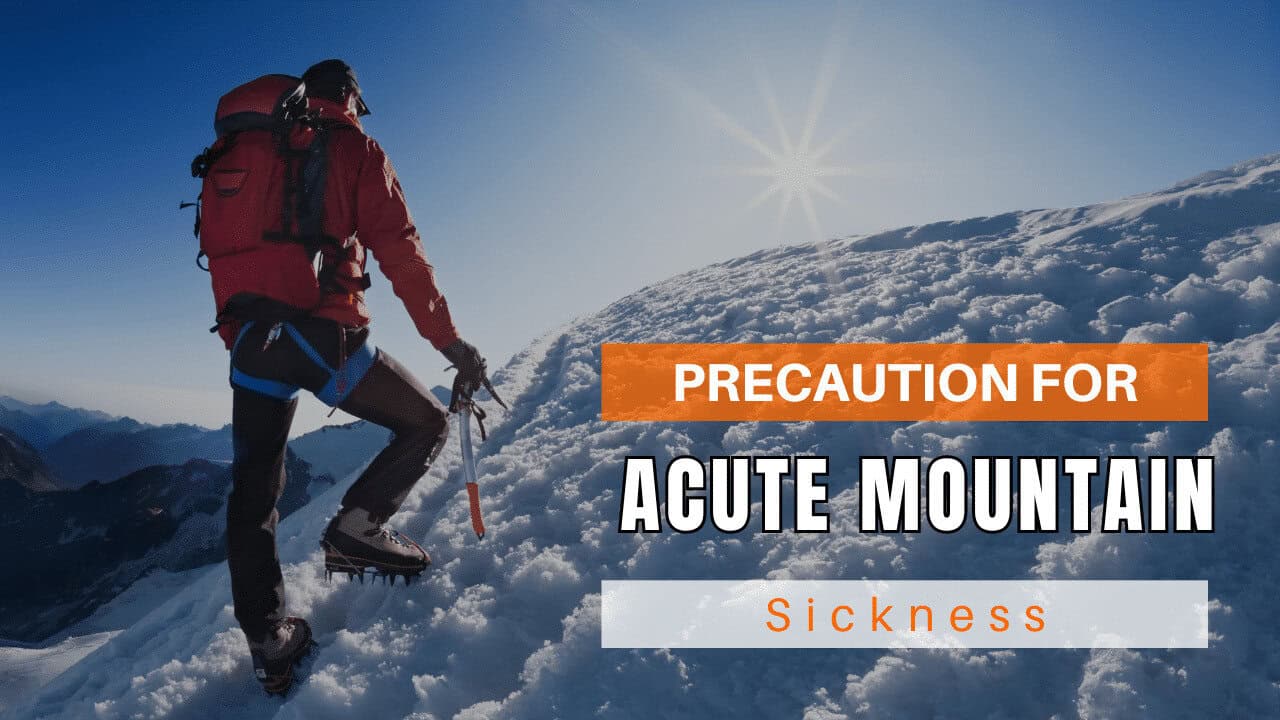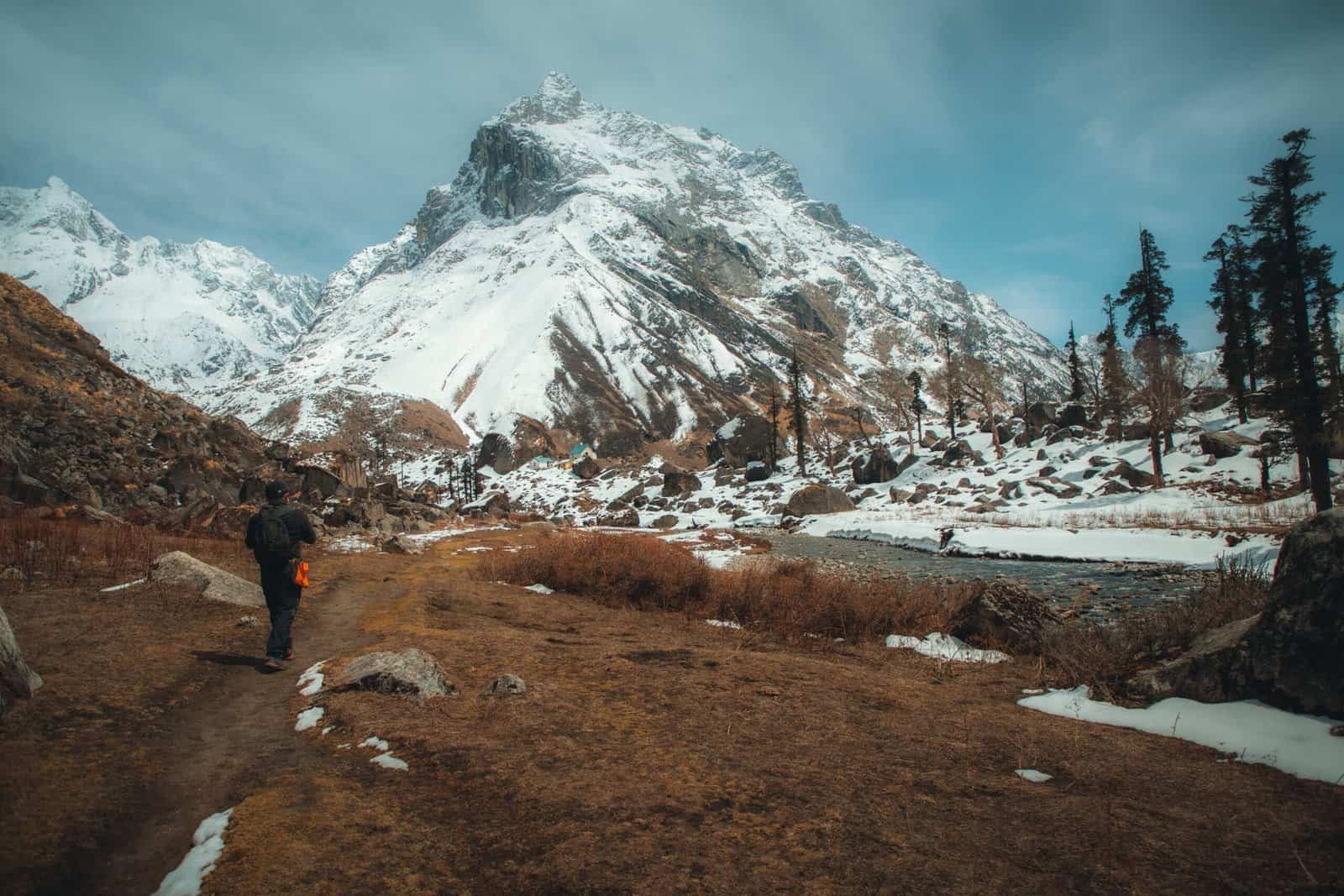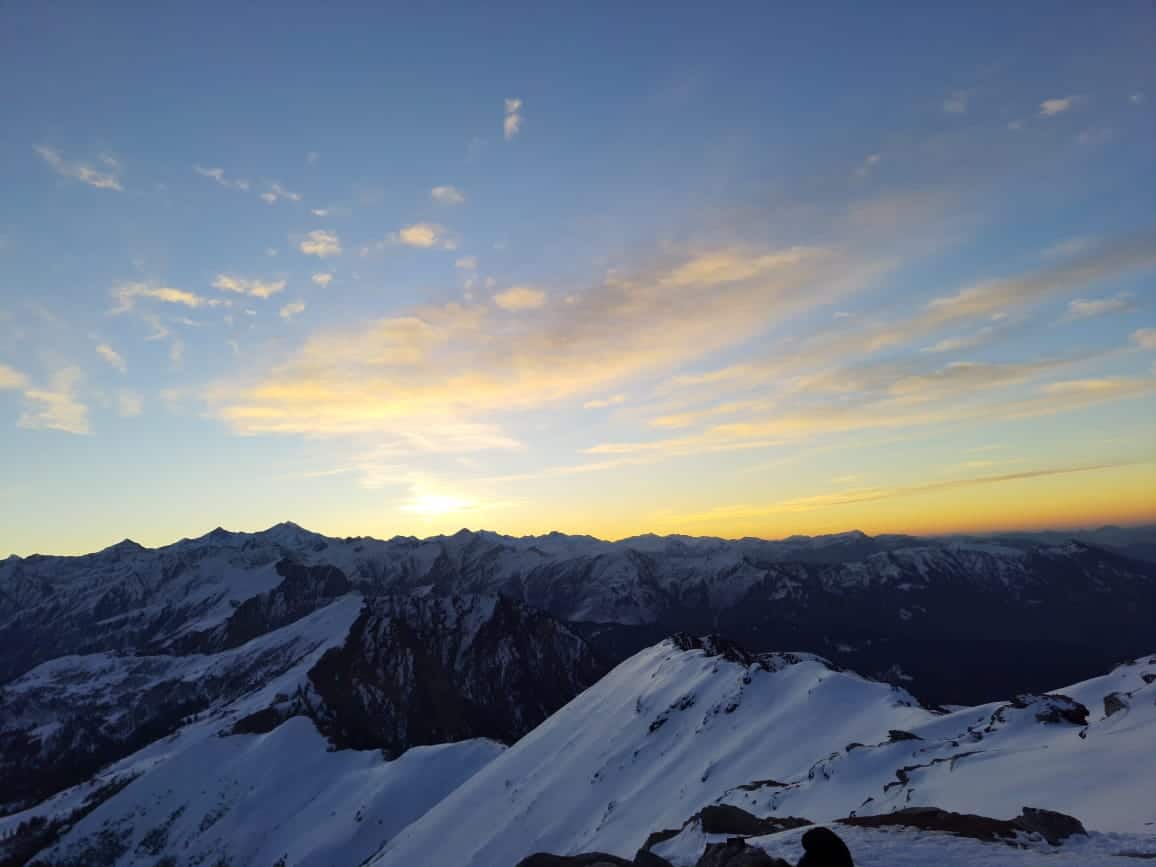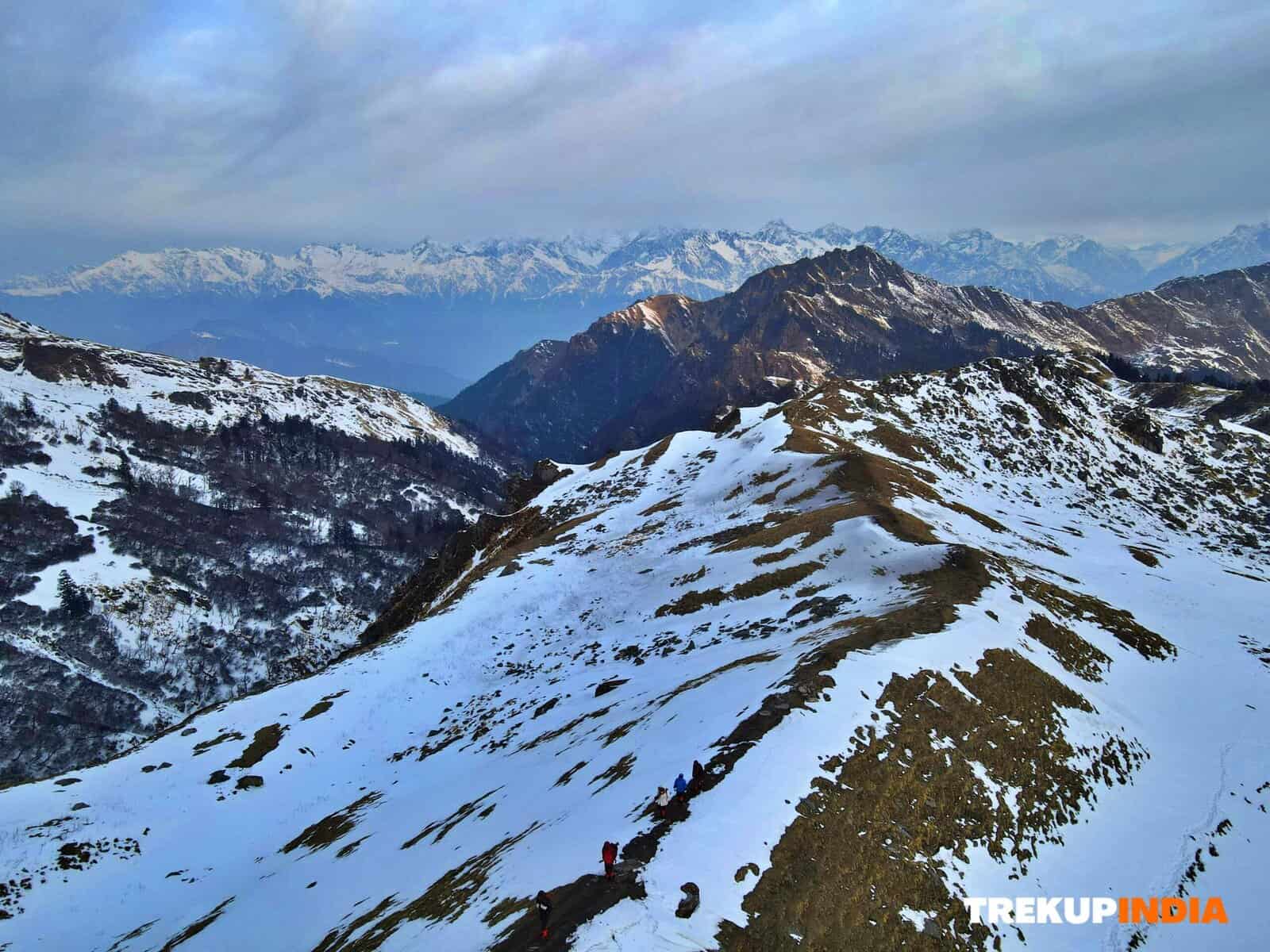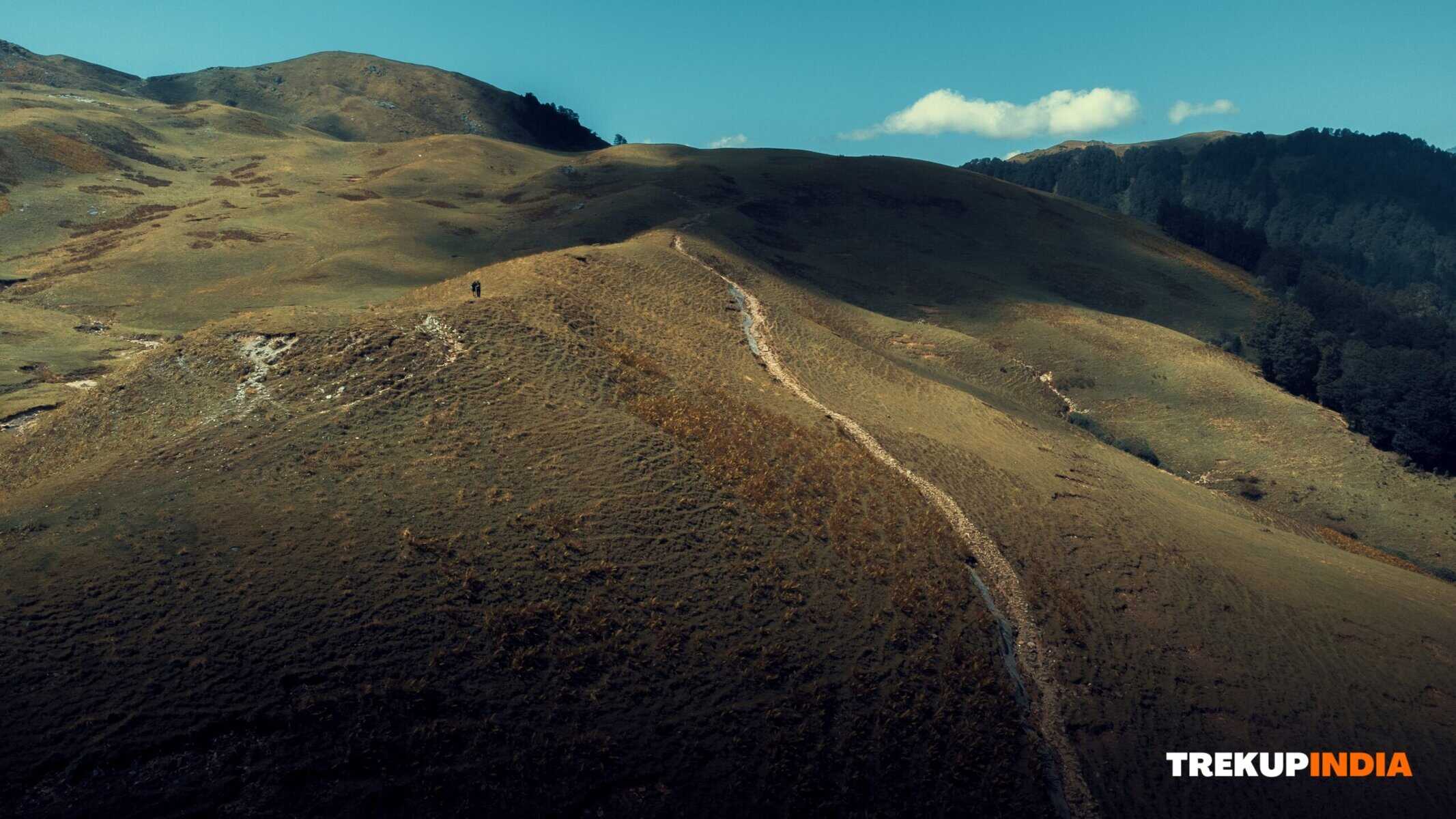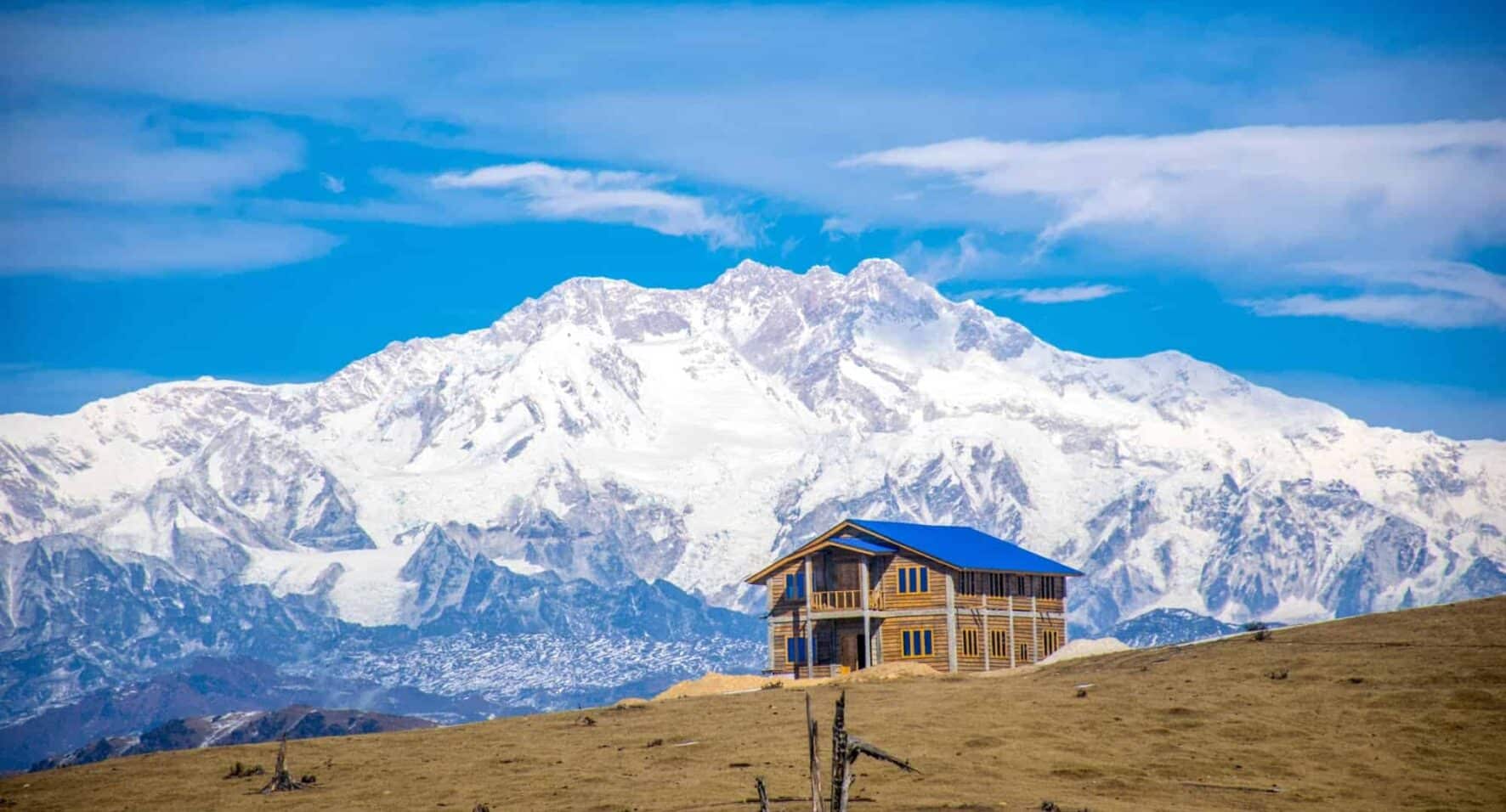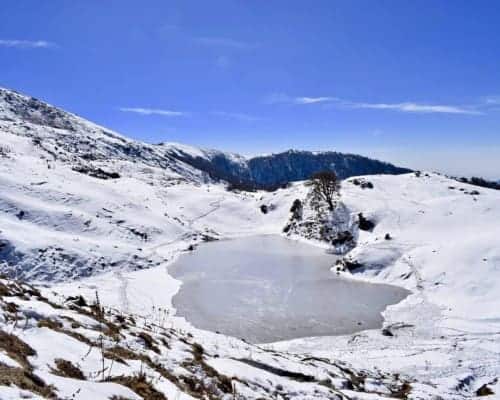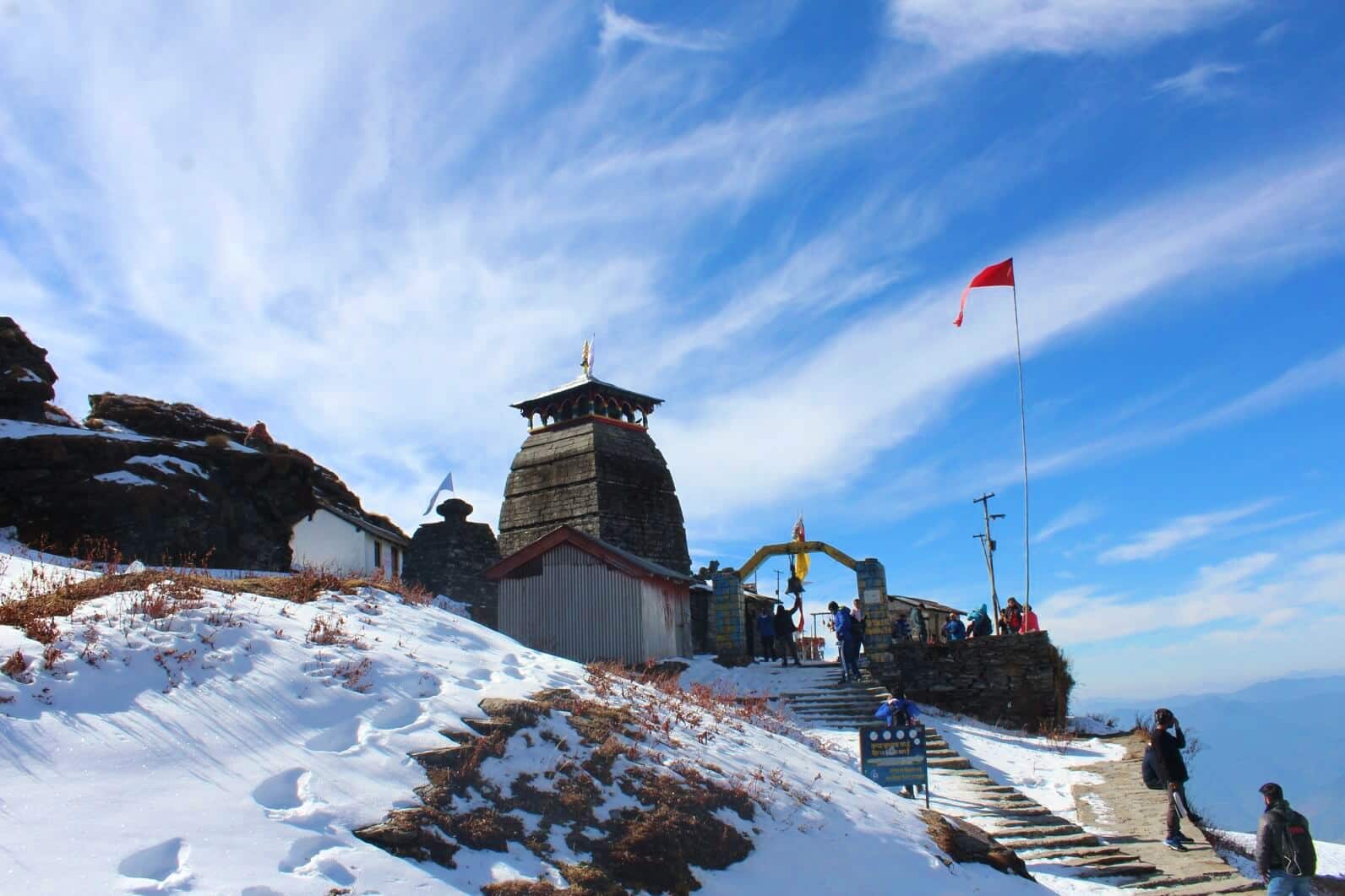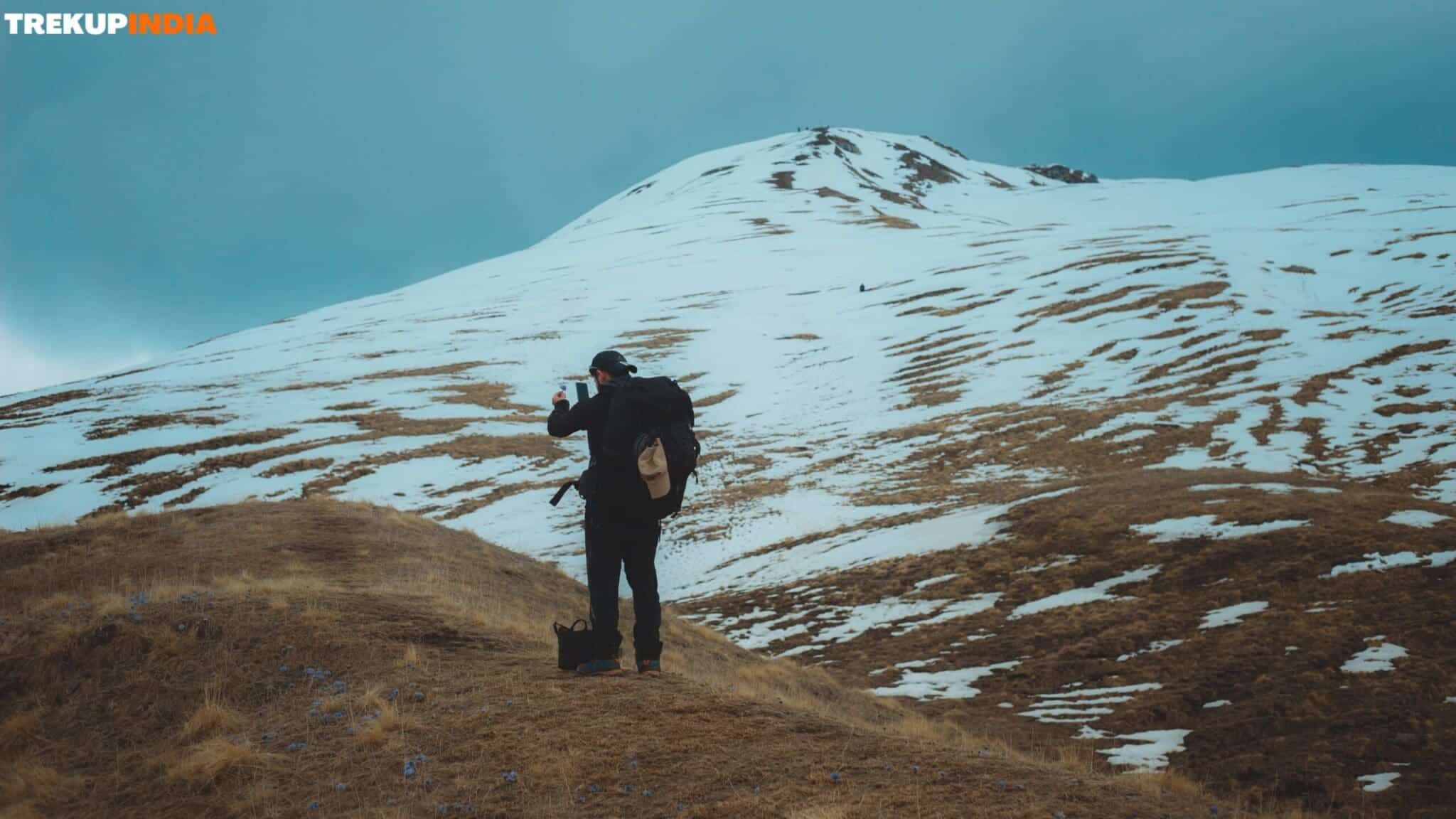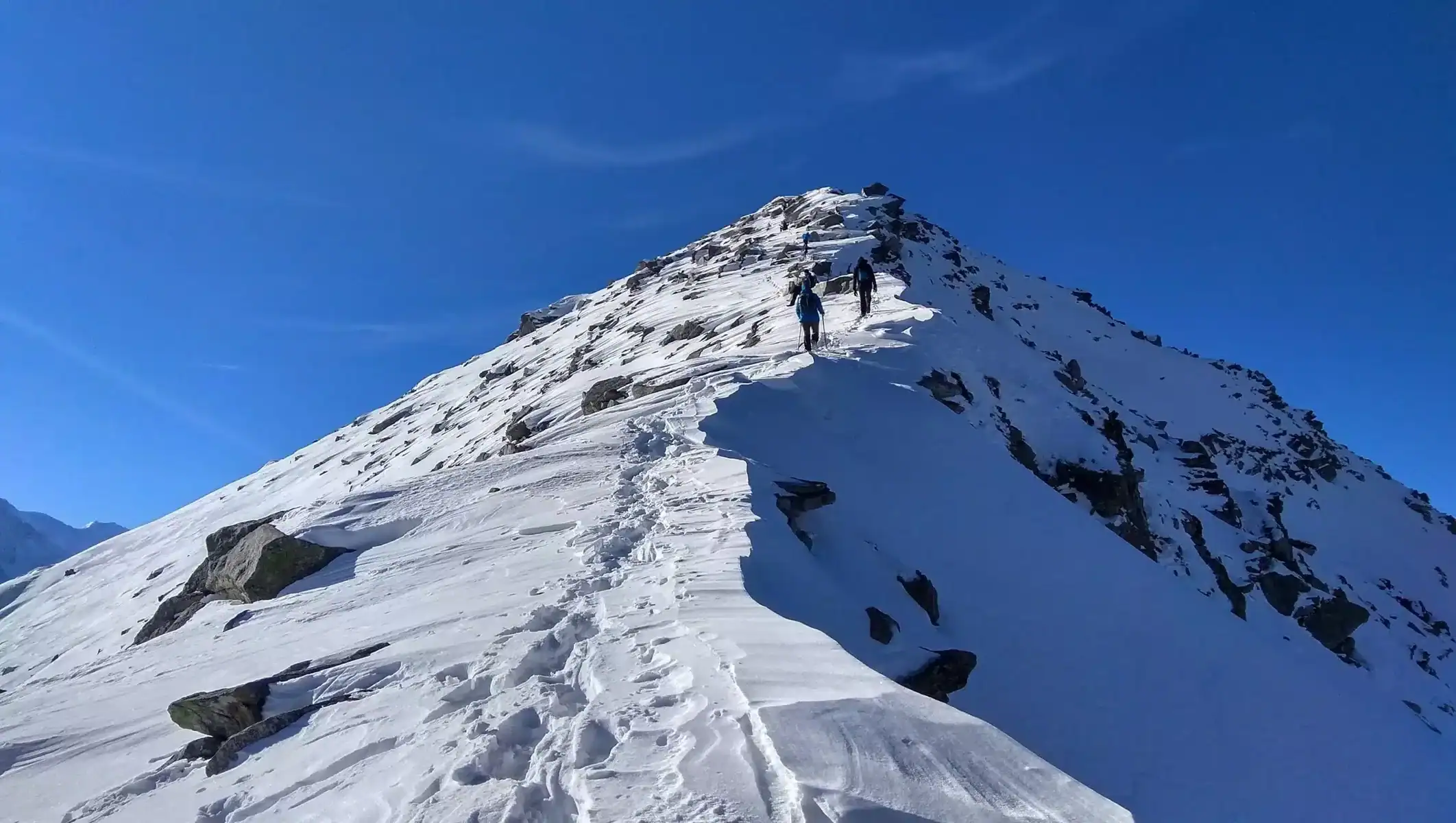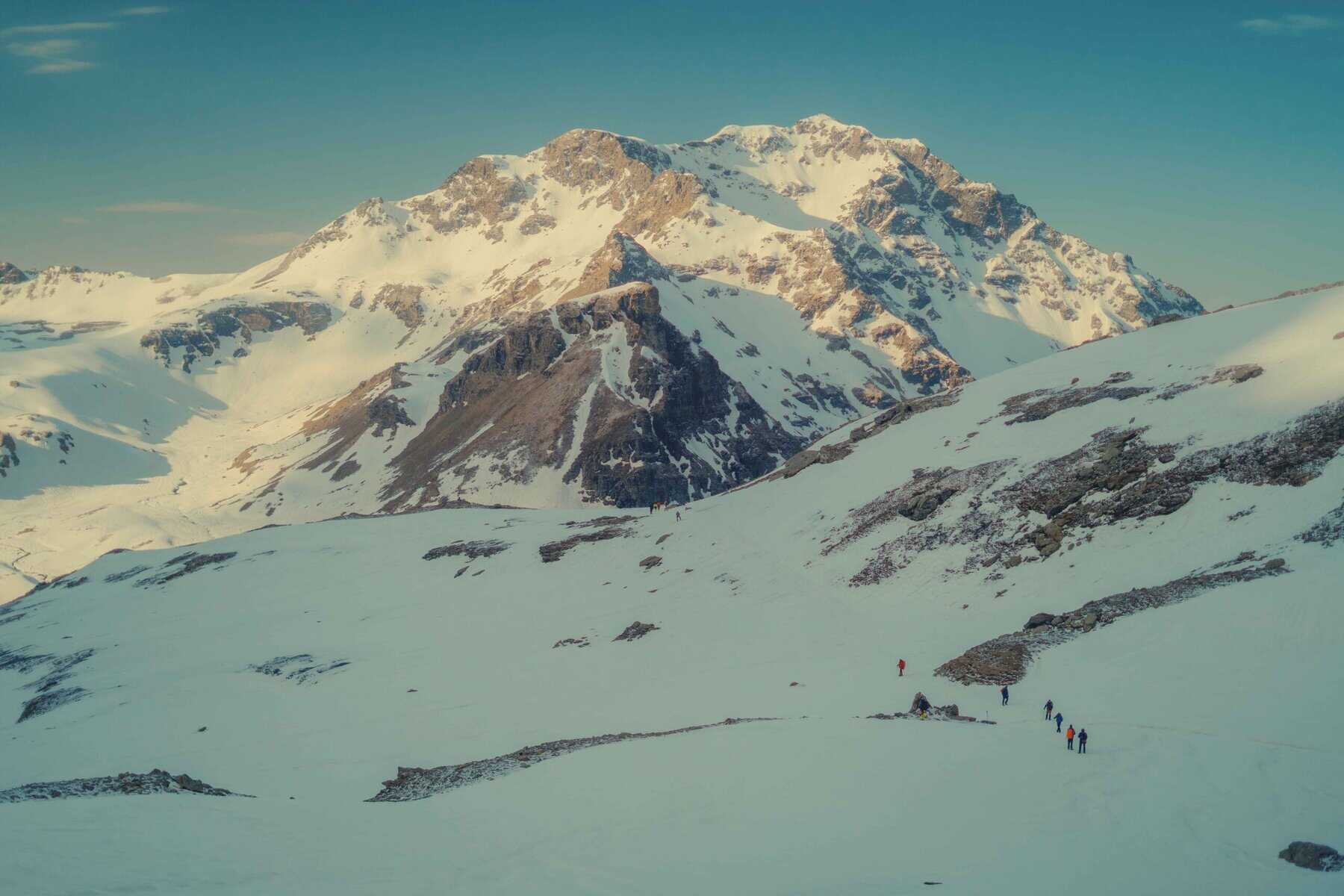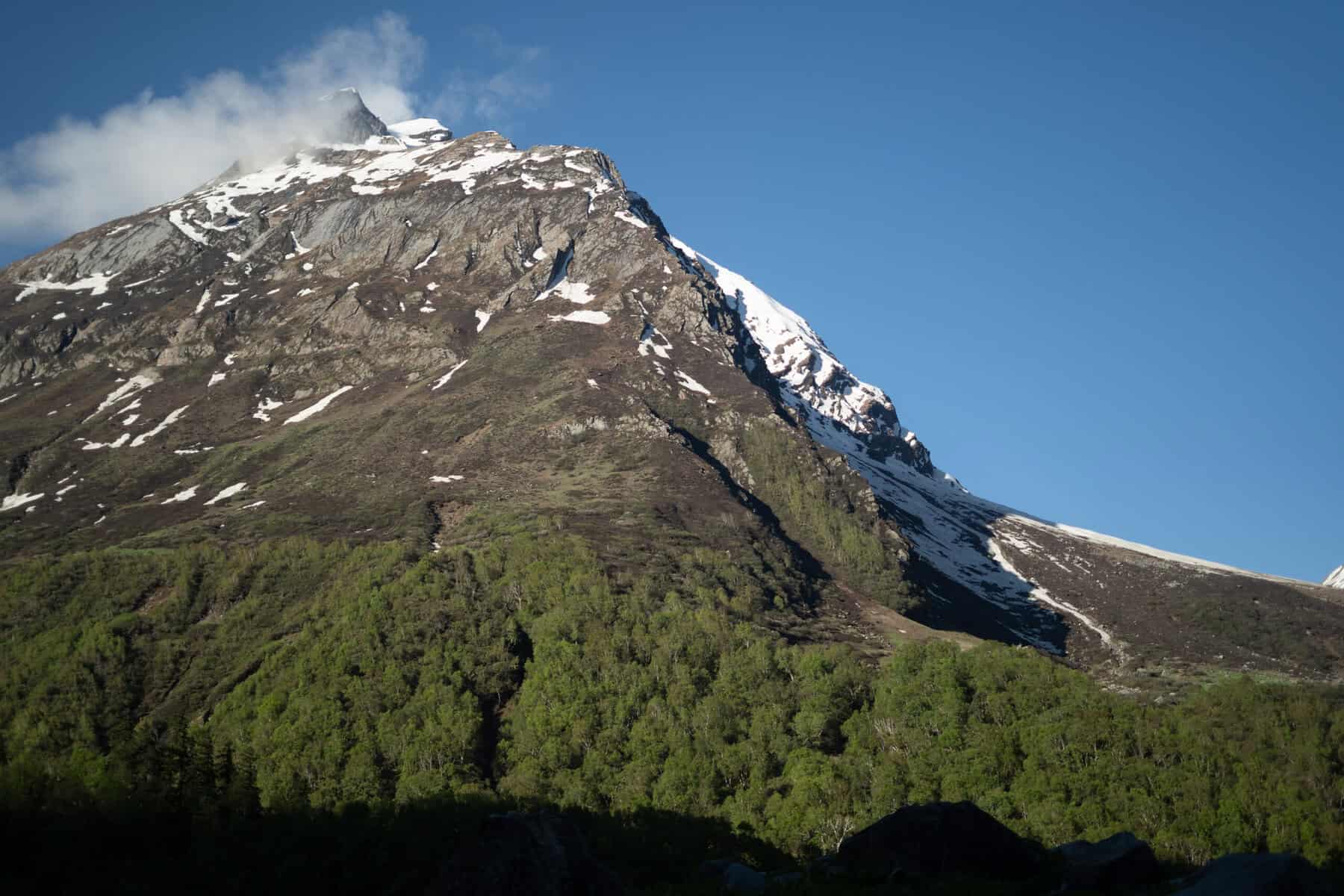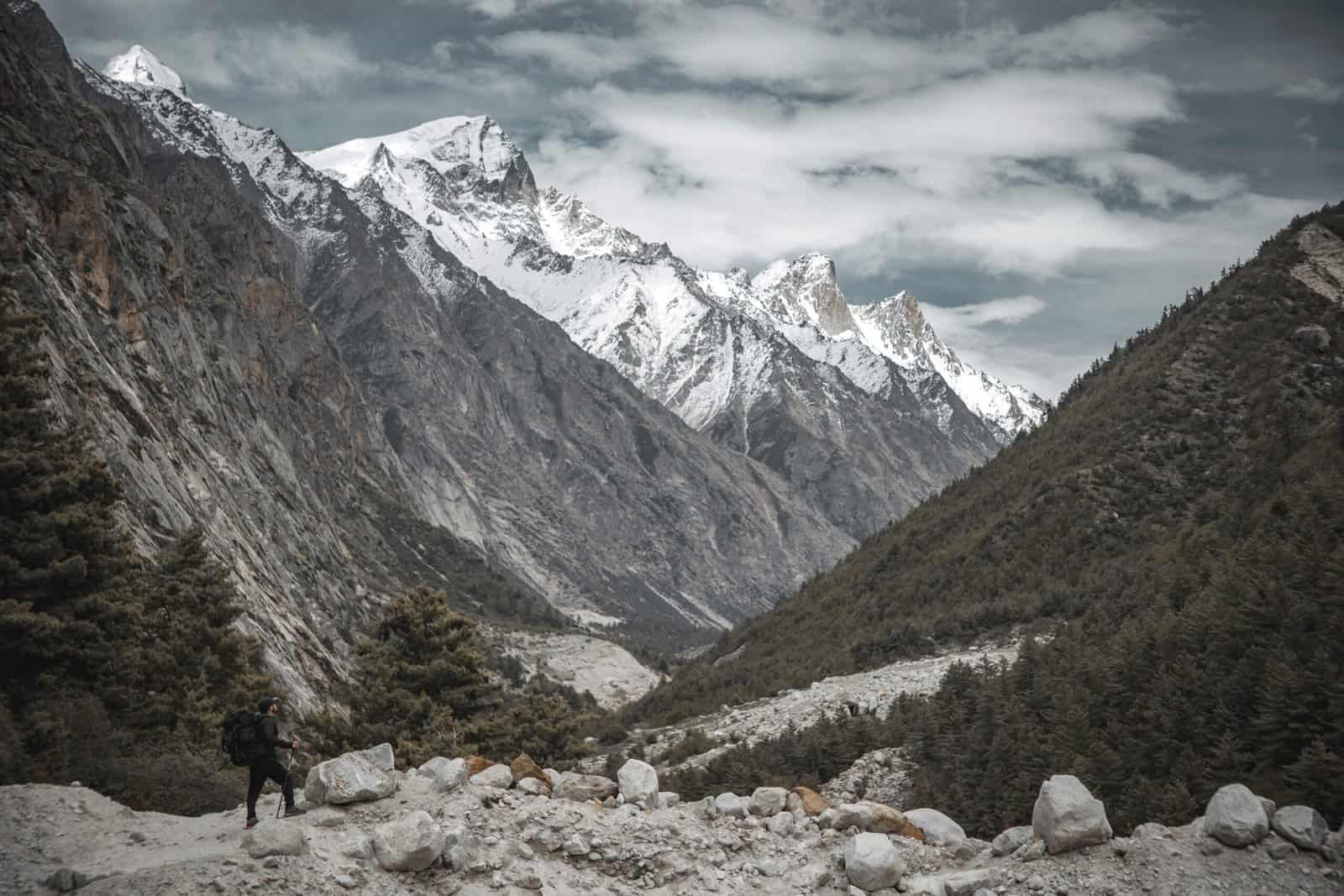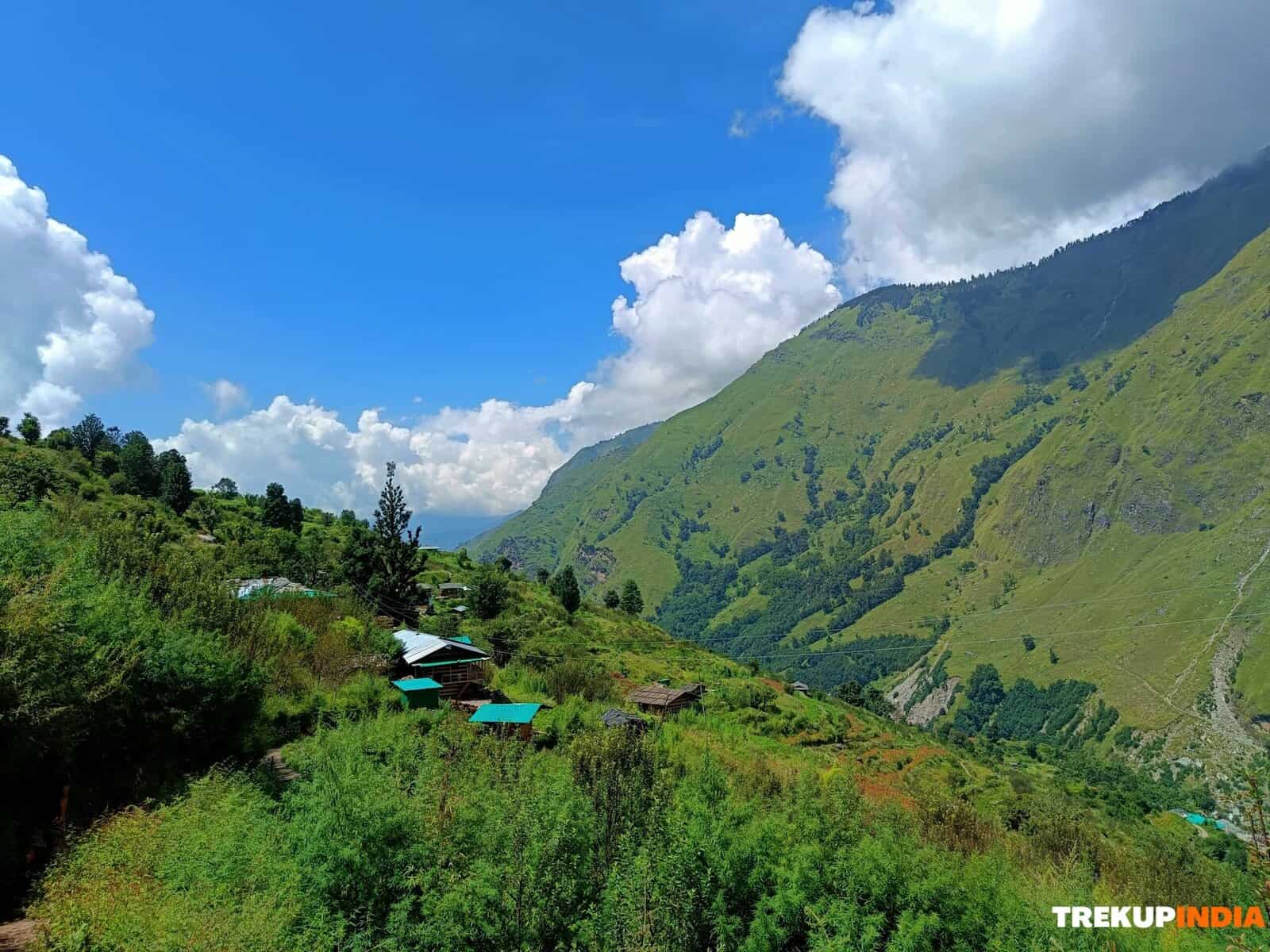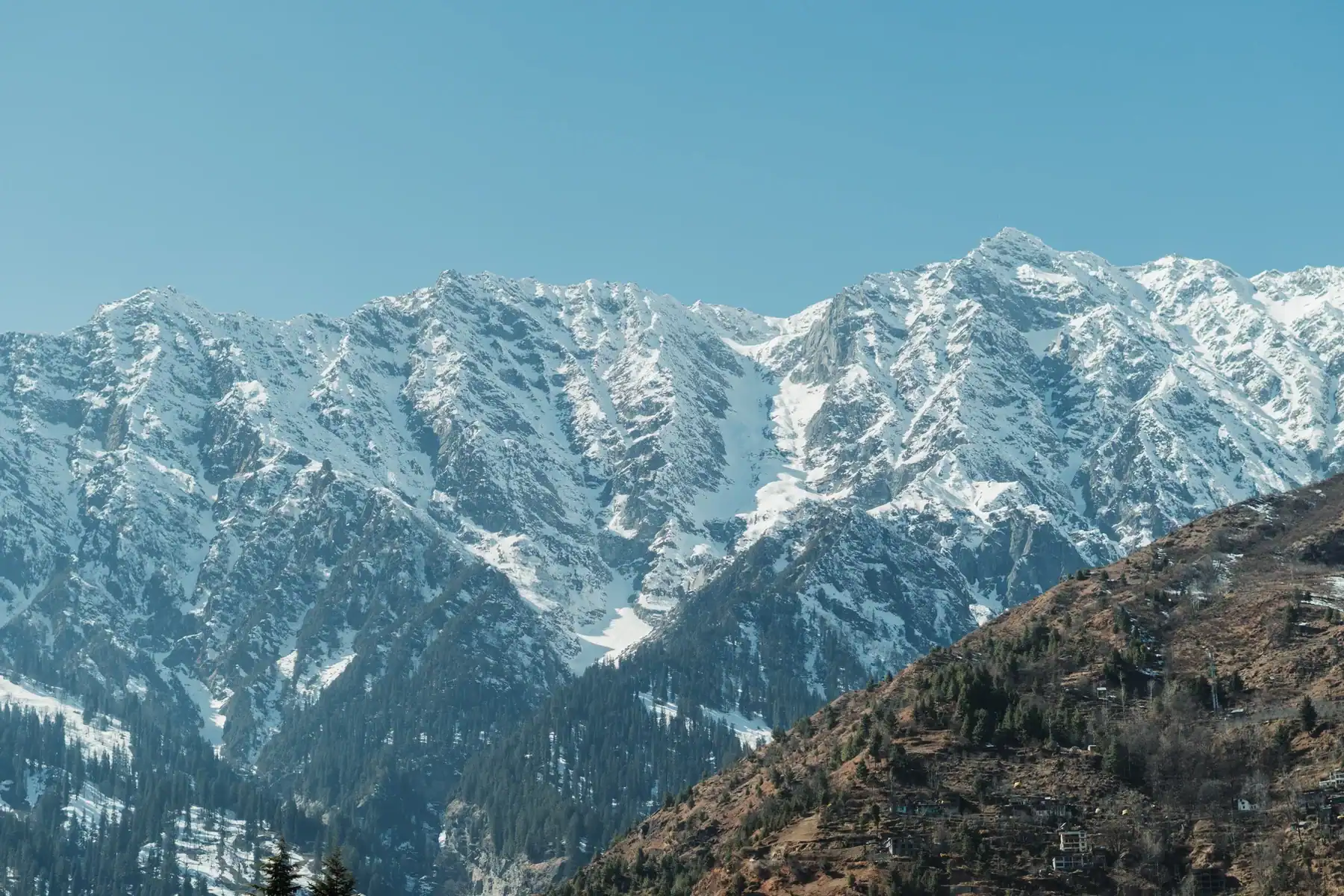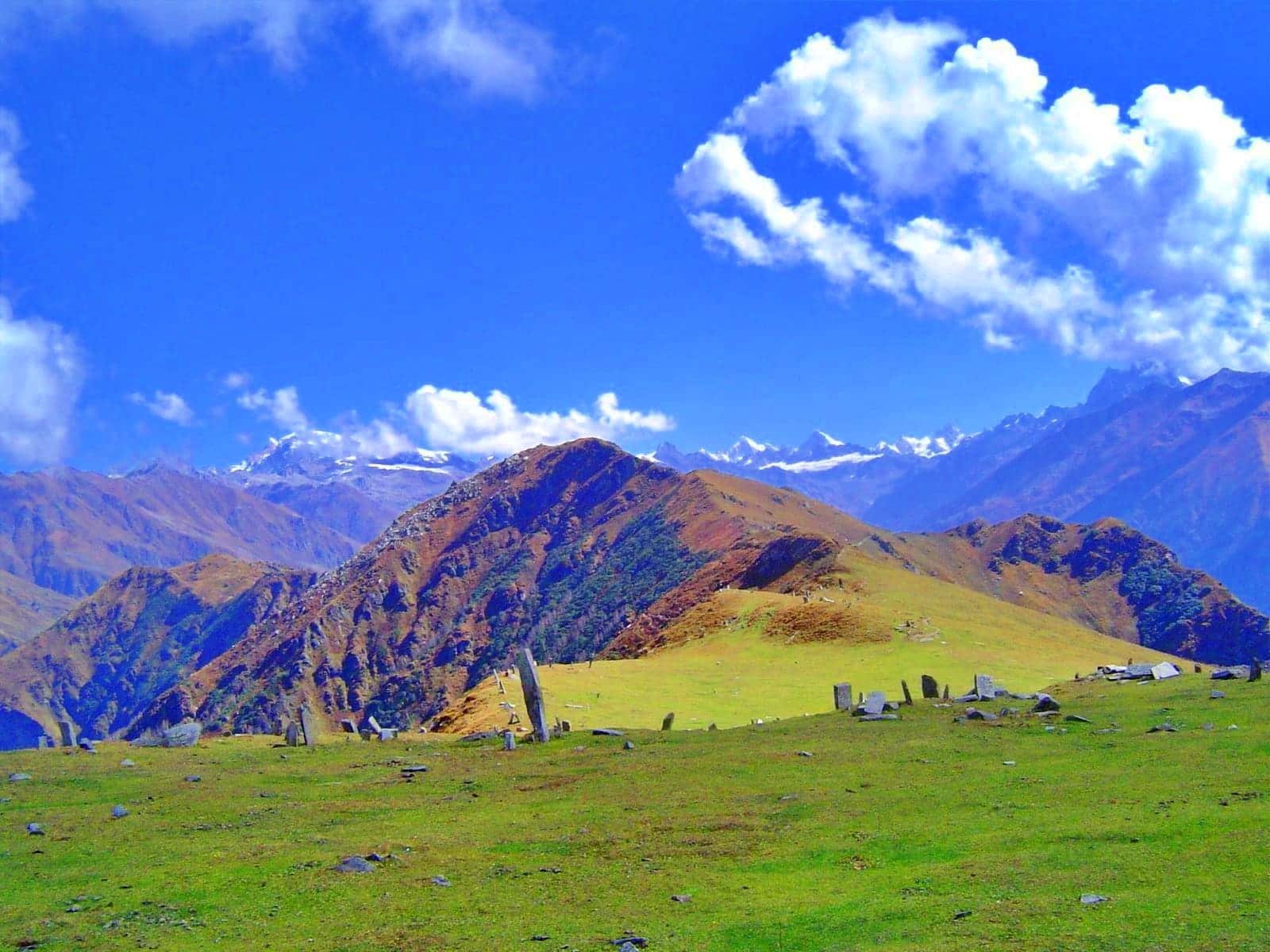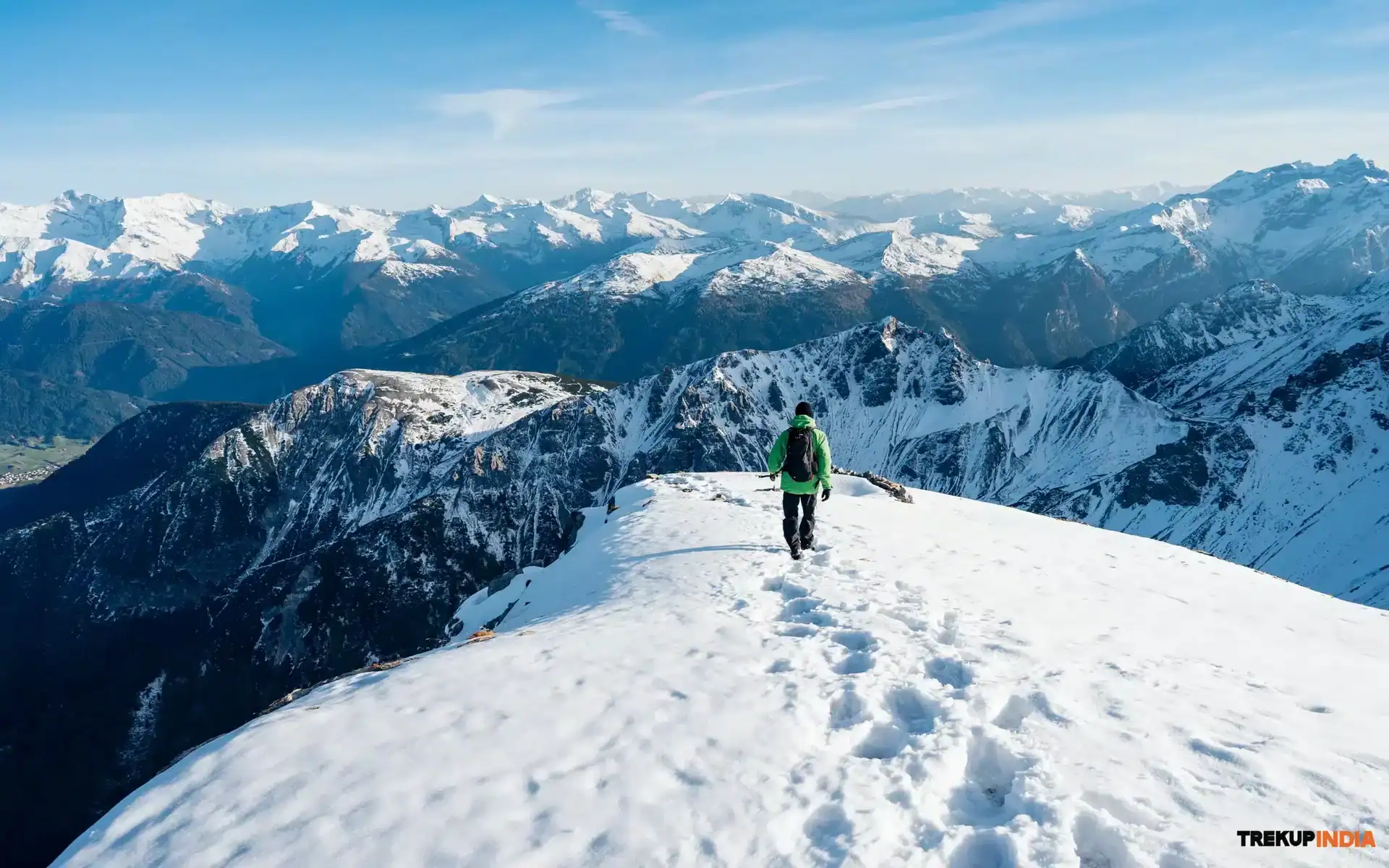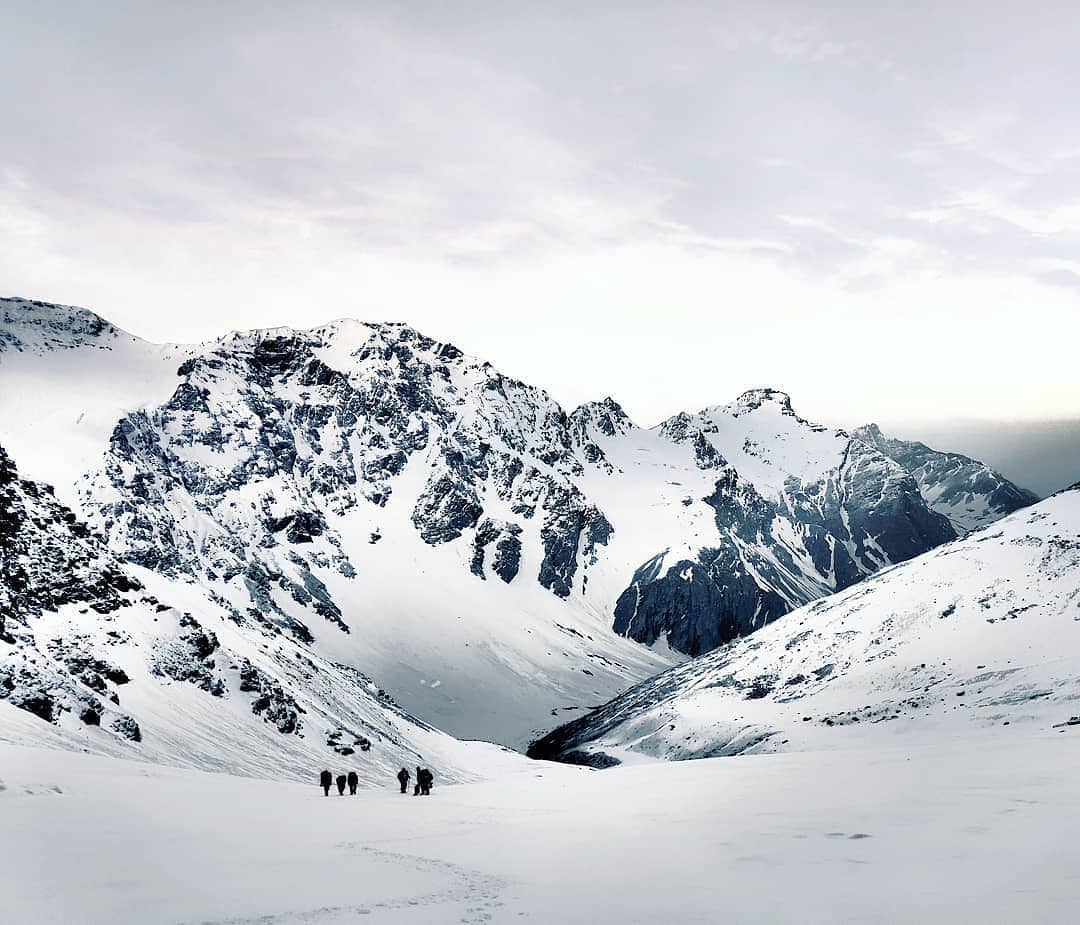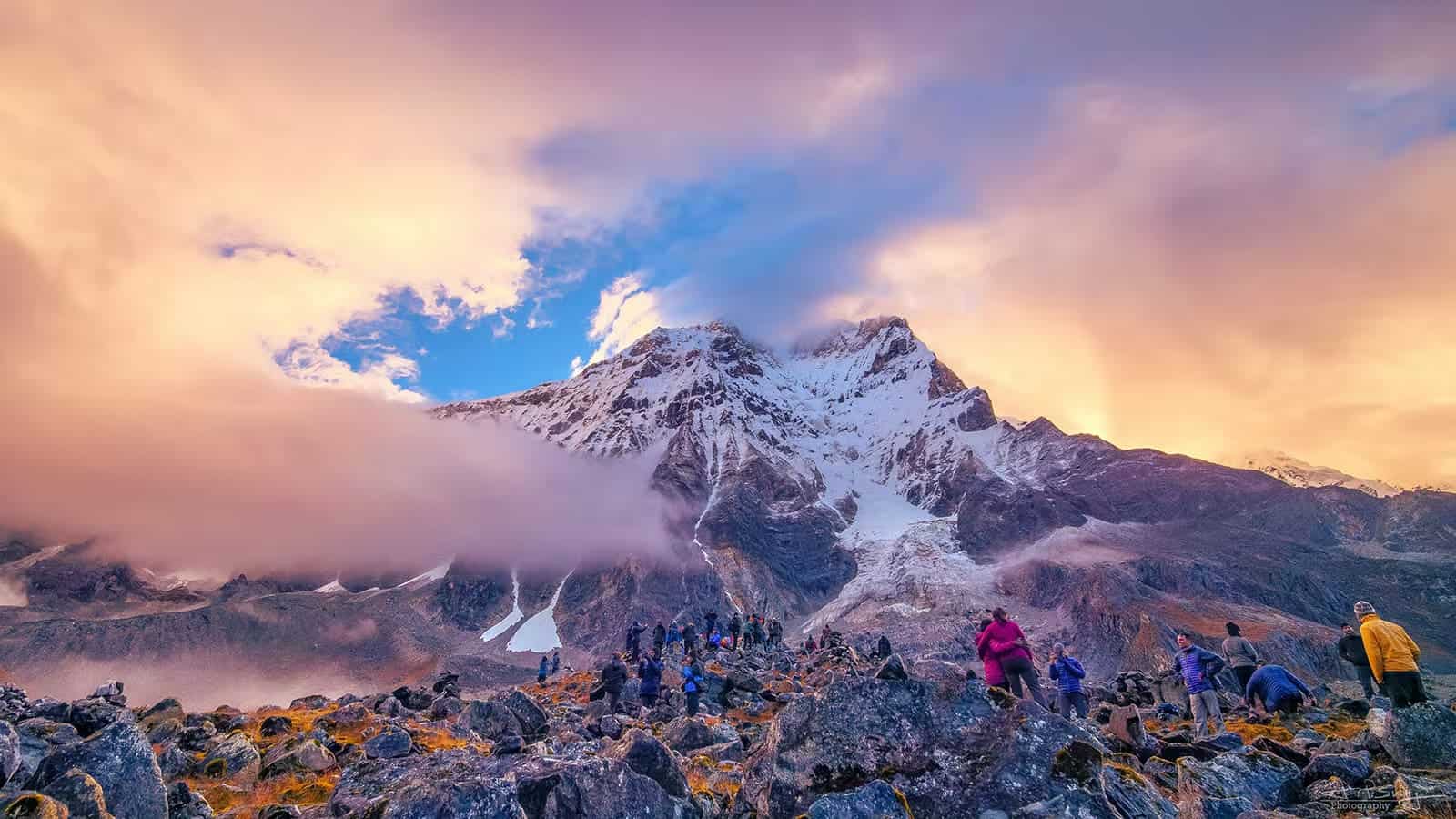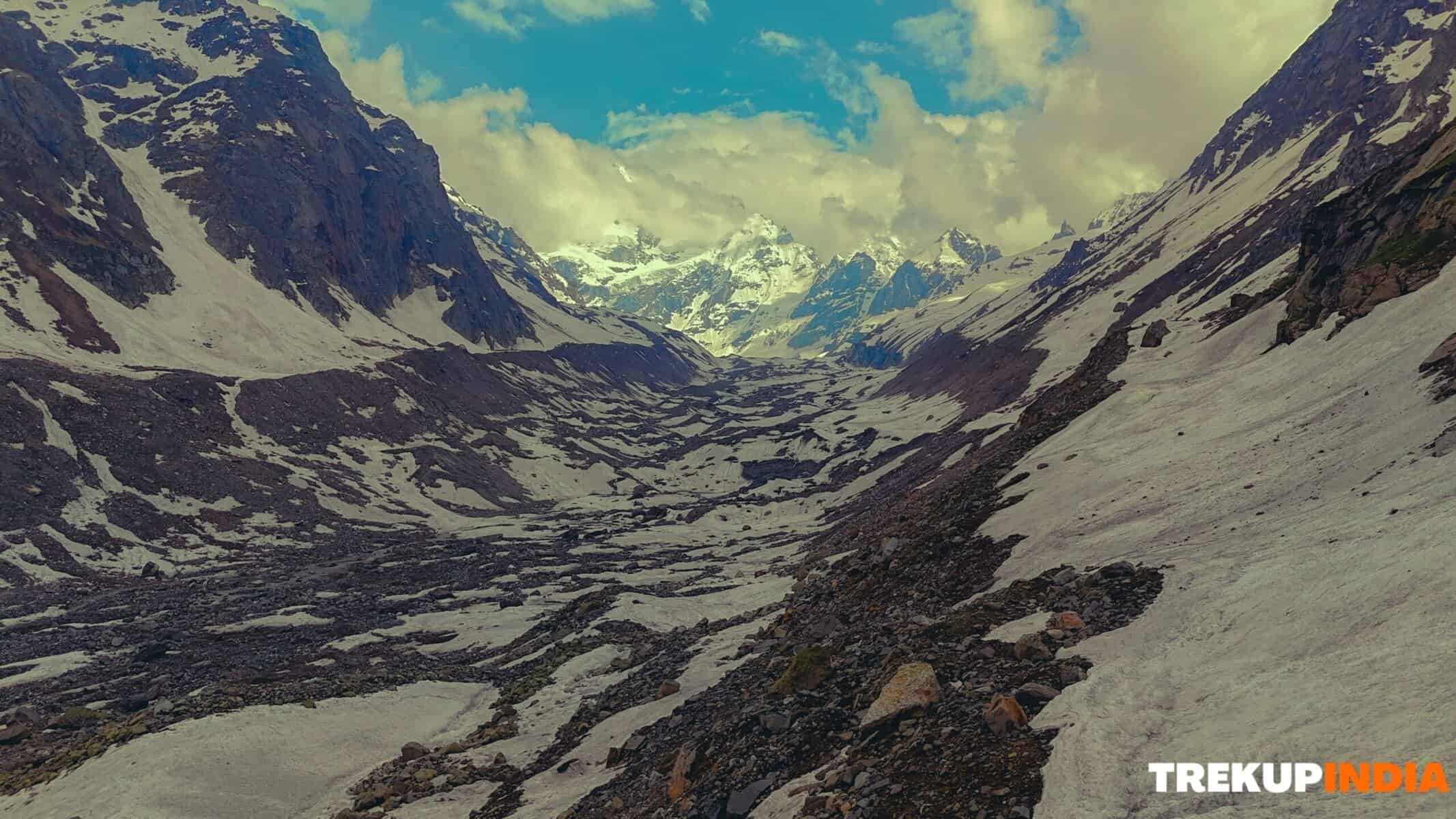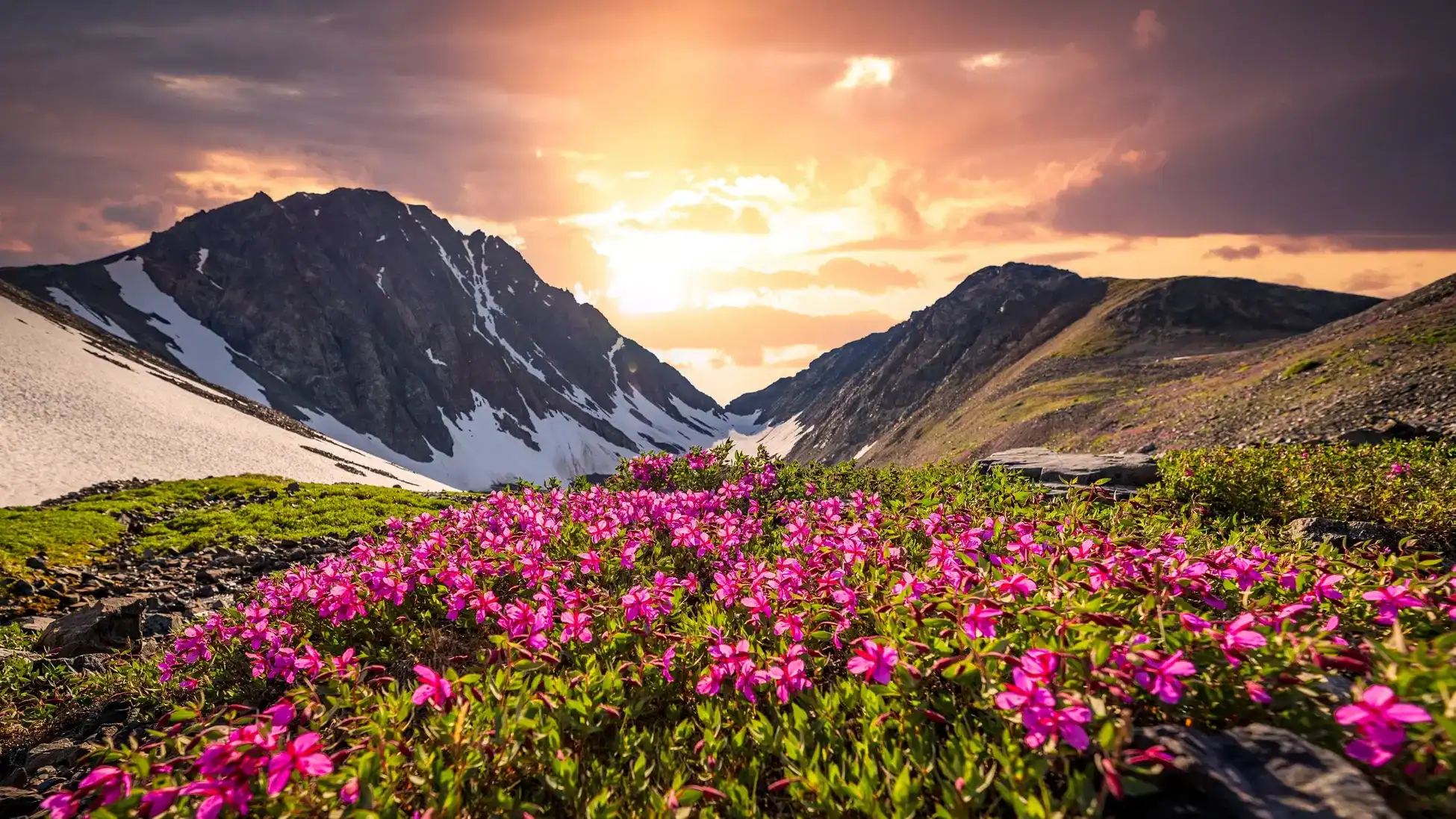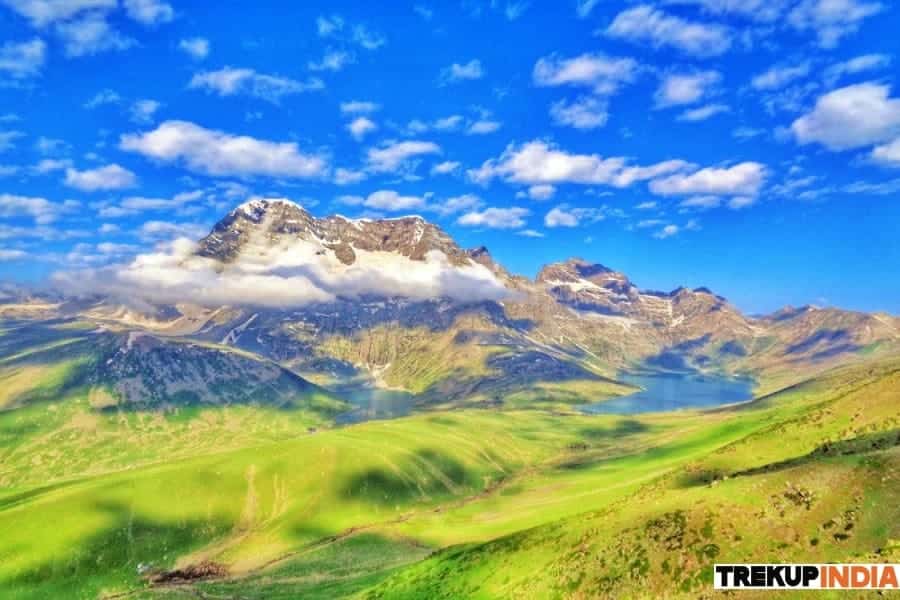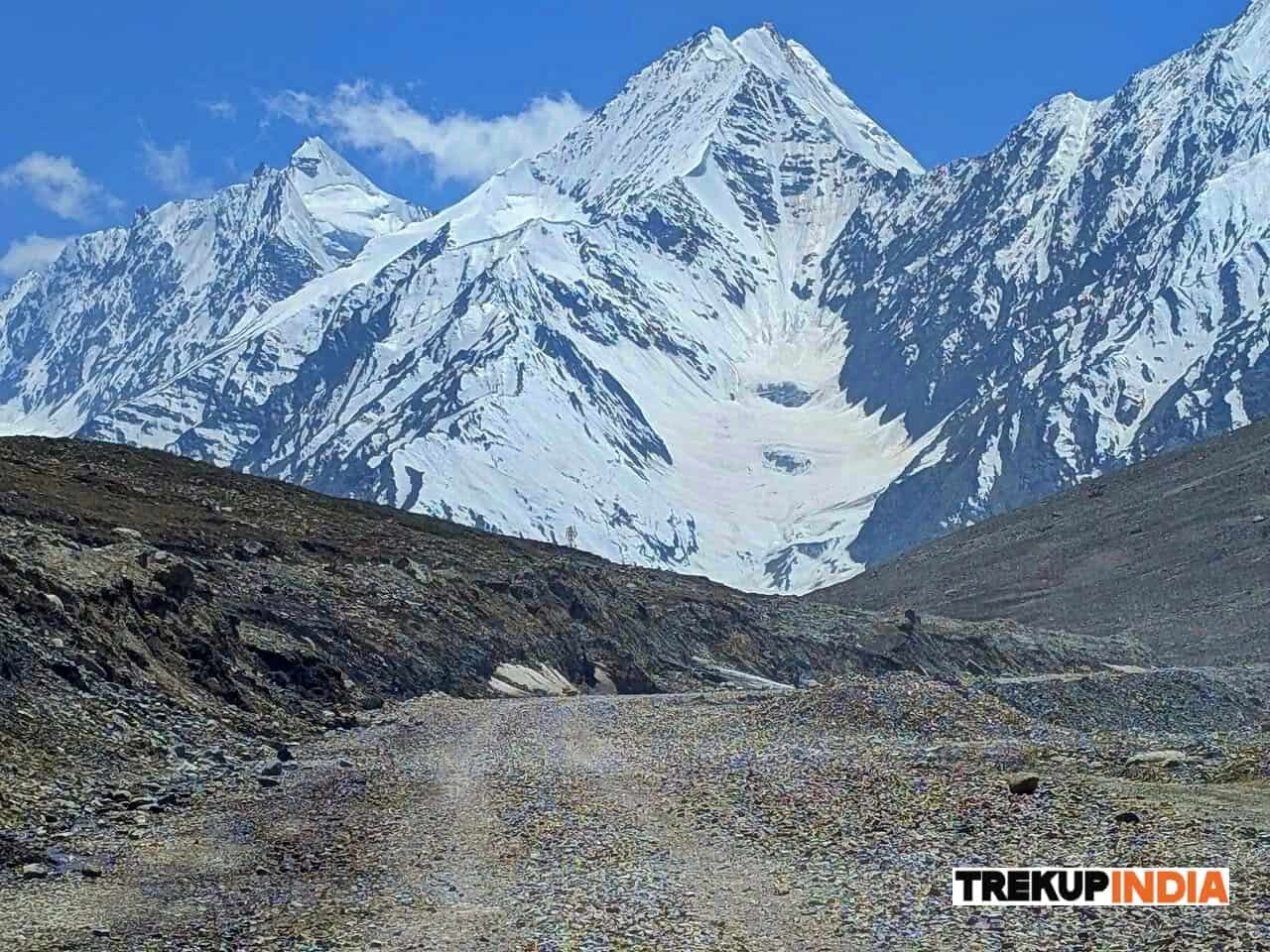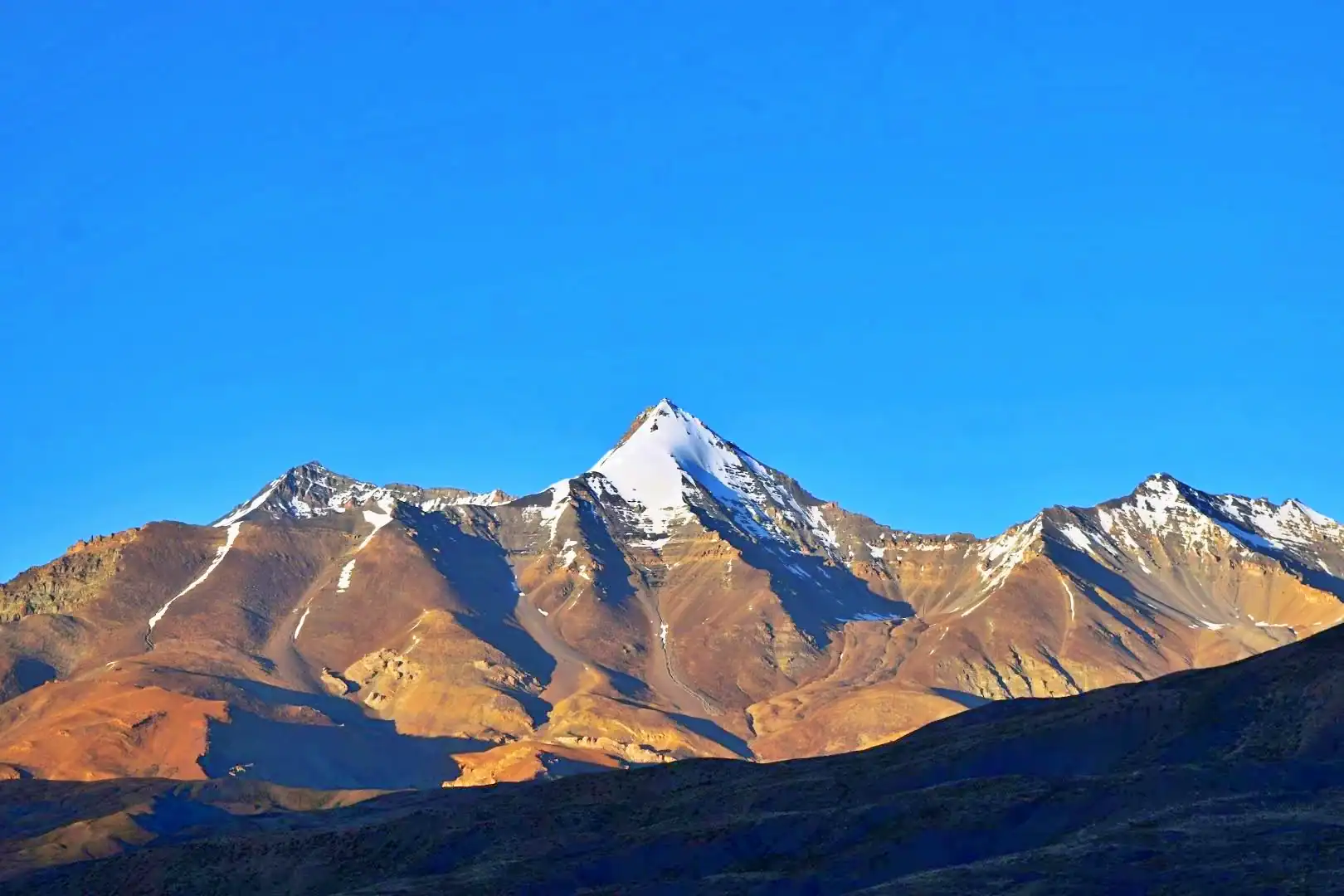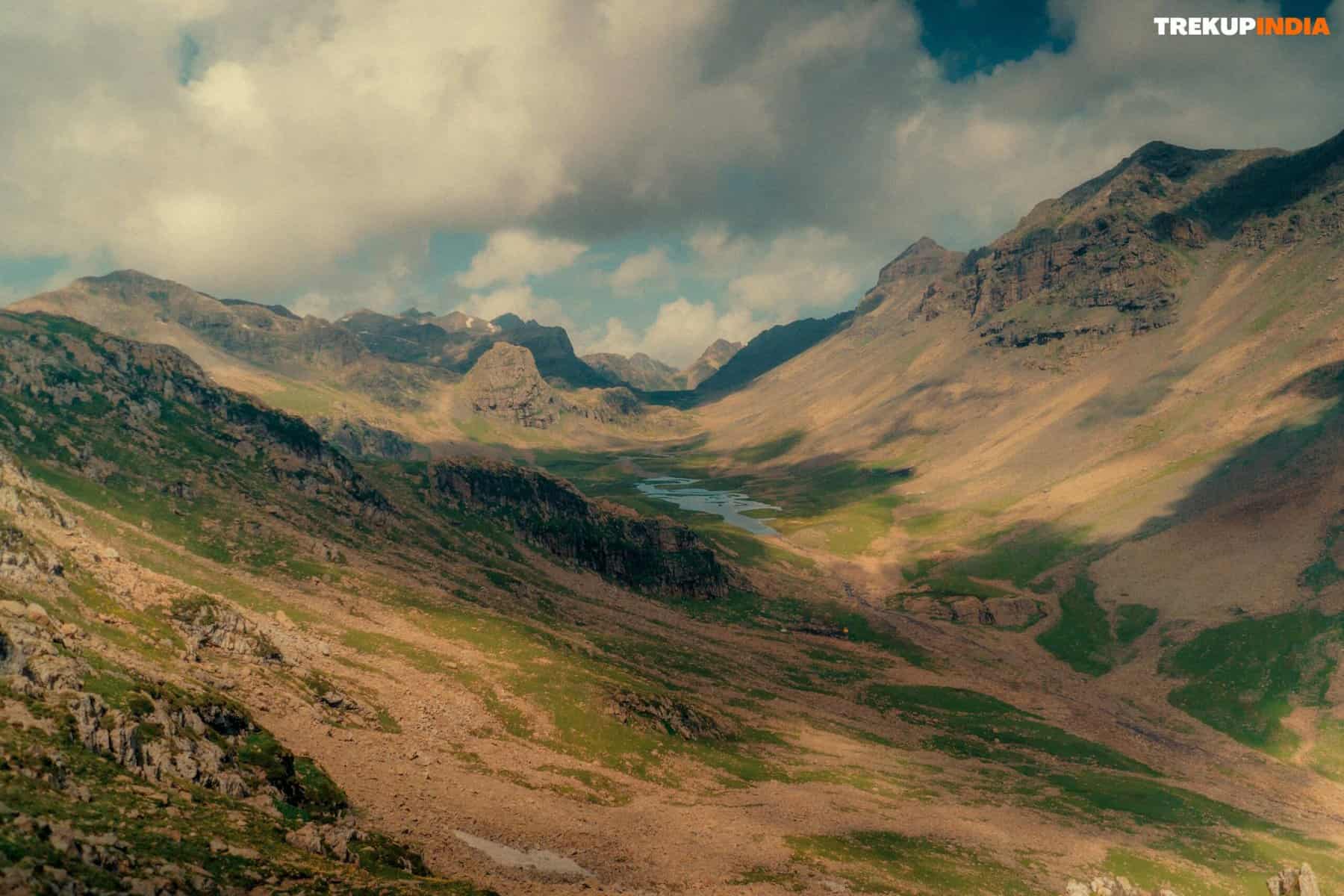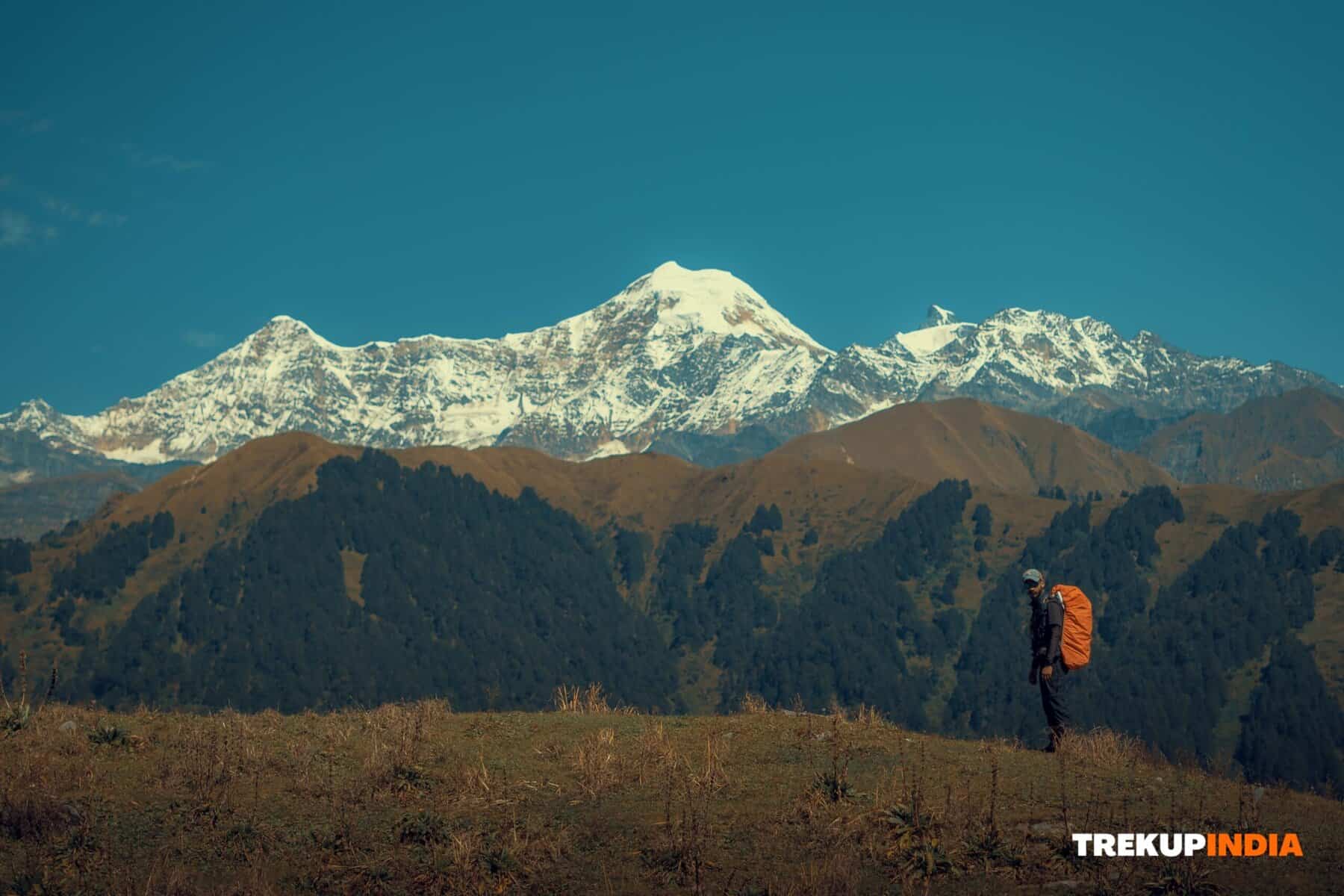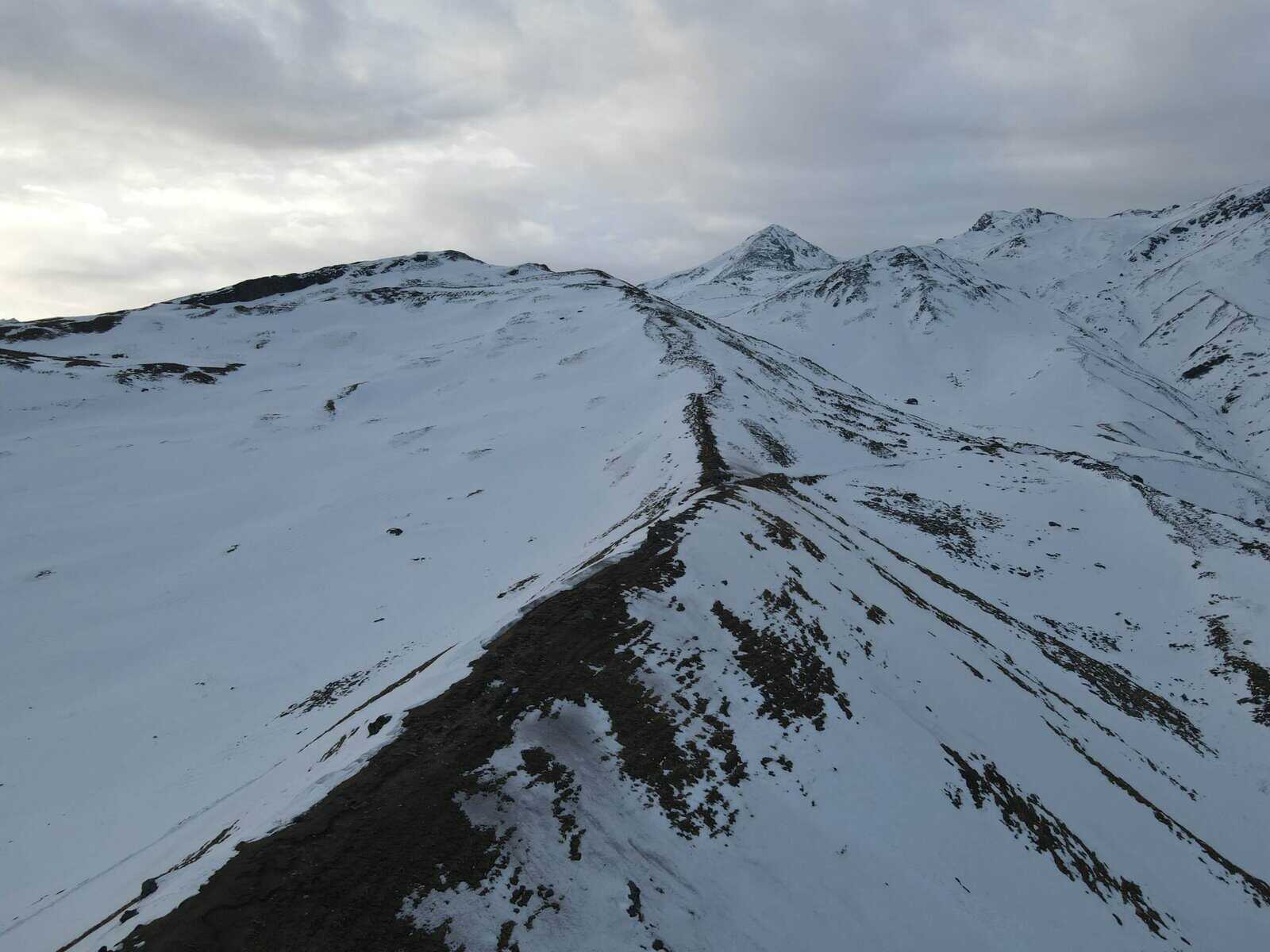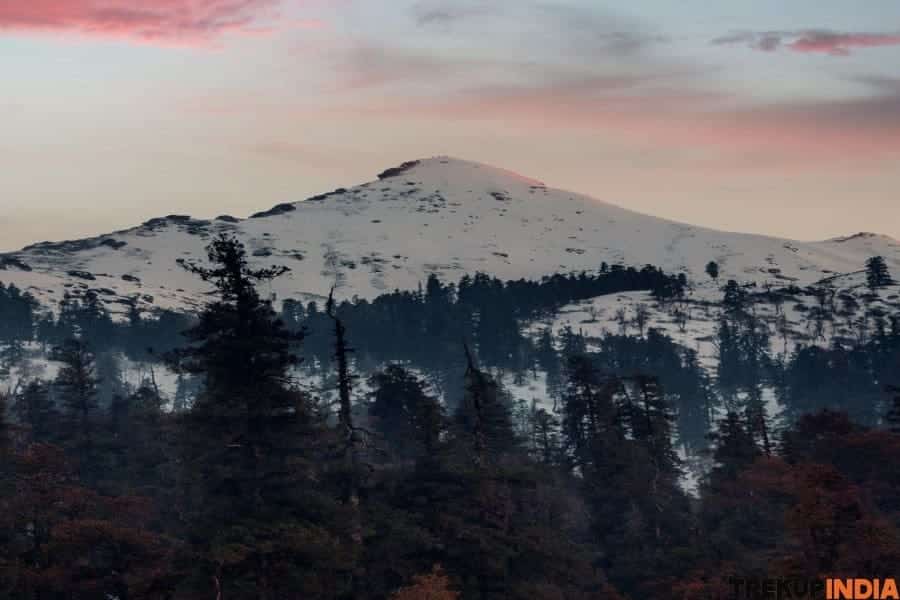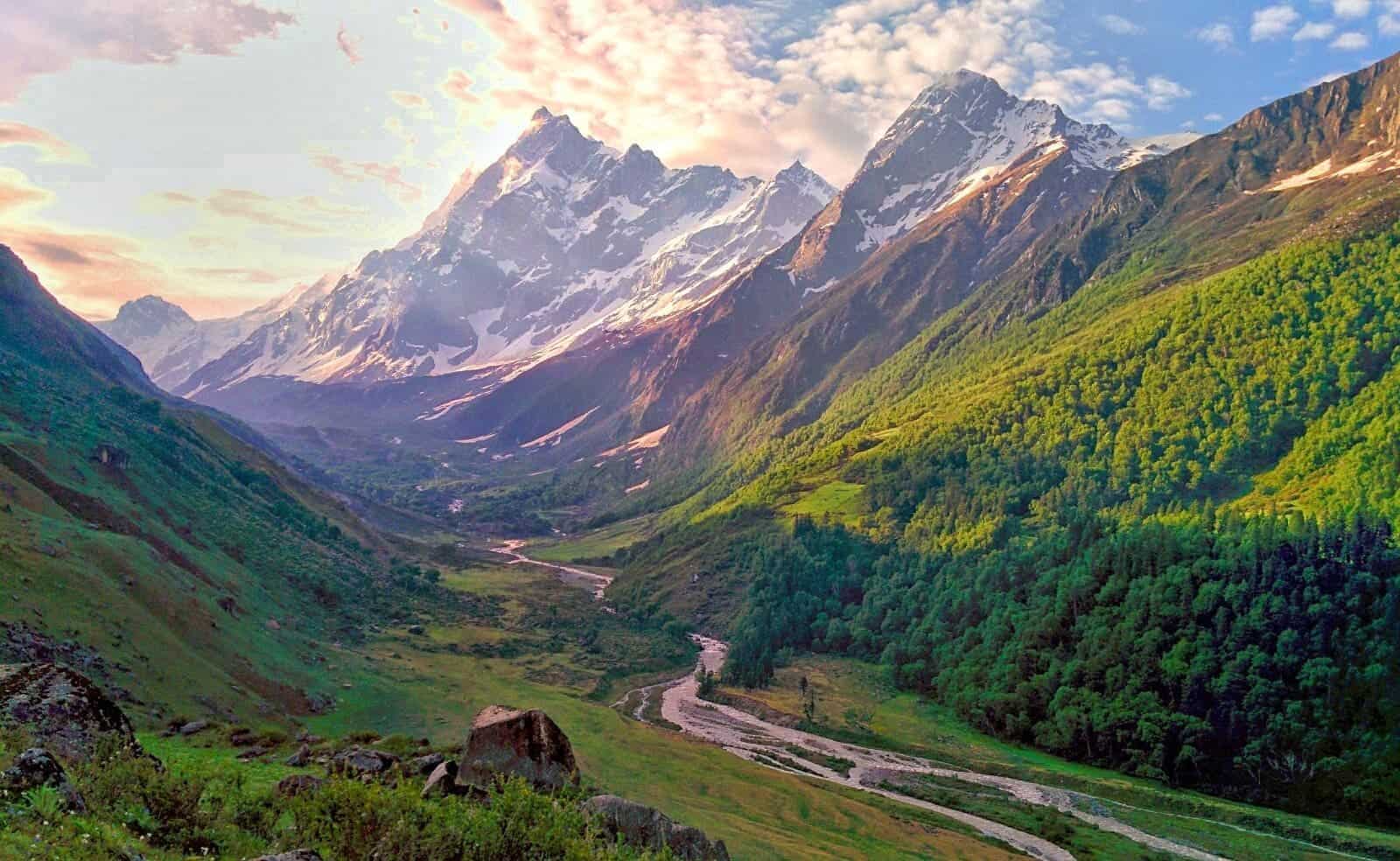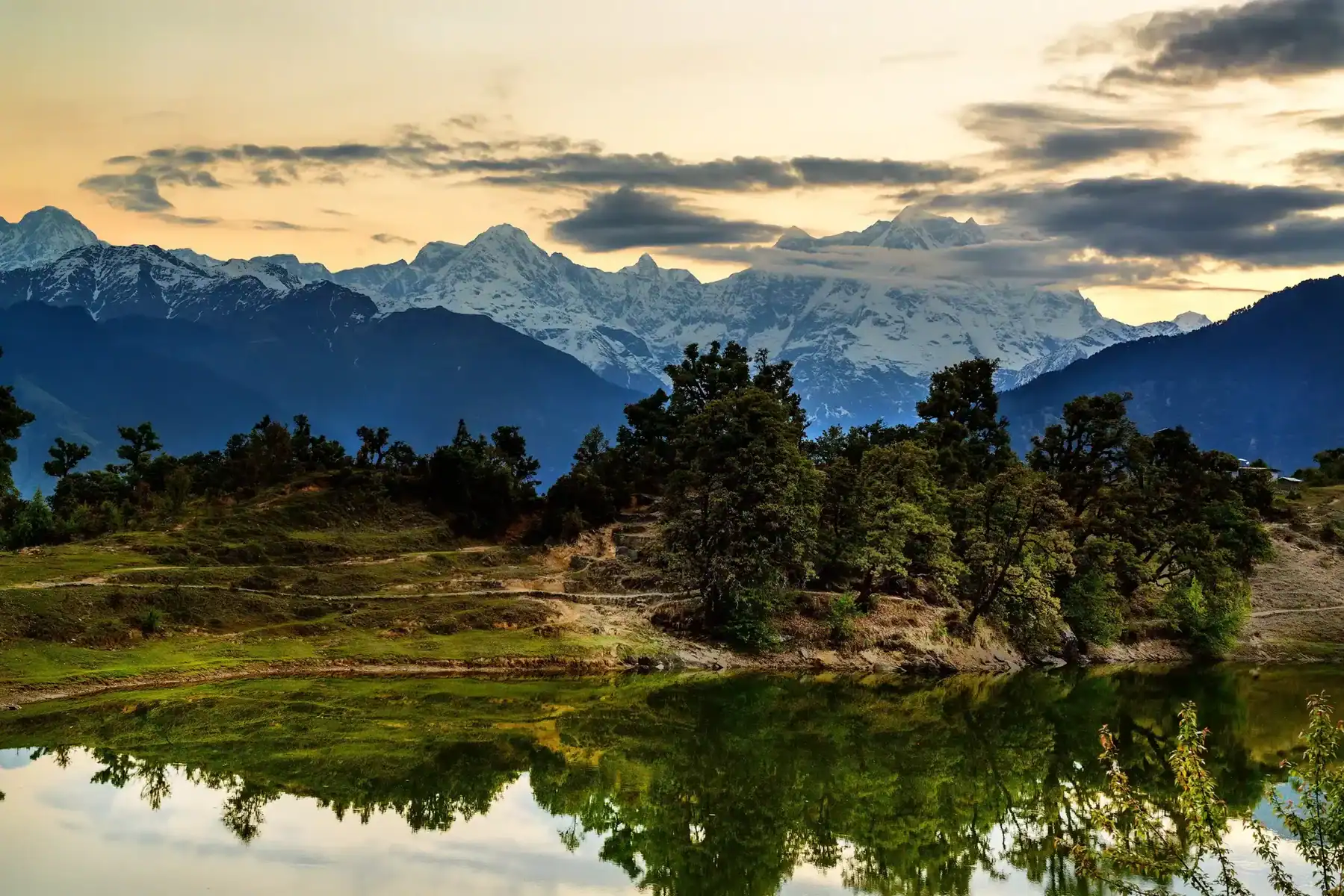Be Like Responsible Trekker In Himalayas, Not Like A Tourist
I Am a Trekker, Not a Tourist
By Sonika
My name is Sonika, and I proudly call myself a trekker, not a tourist. I carry a deep desire to explore the world, especially its towering mountains and untouched trails. I find joy not just at the summit, but from the very first step of the journey.
I’m drawn to the charm of quiet mountain towns, the serenity of still lakes, the music of flowing rivers and tweeting birds, the grace of grazing animals, the vast blue skies, and the silence of snow-covered glaciers. The surrounding hills are not just scenery—they’re soul food. Every day in the wild, I live fully and gratefully.
While tourists chase the destination, for me, the trek itself is the destination. The beginning of a trail holds more magic than its end.
Luxury doesn’t attract me. I thrive in choosing my own path, strapping on my backpack, washing utensils in freezing water, pitching tents, and going days without showers or modern amenities. I find contentment in tents with no electricity, no Wi-Fi, no air conditioning—only the crisp mountain air and the sound of silence.
You’ll spot me entering the trail in my dry-fit layers, fleece jacket, down coat, ankle-length trekking boots, and a sturdy backpack. My style is minimal but purposeful—built for the trail, not the trend.
Trekking is not easy. It demands preparation, strength, and discipline. I don’t believe in last-minute plans or casual climbs—because in the mountains, one mistake can mean turning back. I carry not only the right gear but also the right mindset.
I use the mountain’s resources responsibly. Though I may go days without a shower, I ensure no waste is left behind. I proudly carry a Save the Trail Bag to collect litter and do my part in keeping the trails clean—for myself and for those who come after me.
Respect is a value I live by. I listen to my trek leaders, honor local customs, treat the support staff with kindness, and work as part of a team. I greet locals with warmth and carry the awareness that the mountains belong to everyone—but no one owns them.
I don’t pluck flowers, trample on meadows, harass animals, or disturb nature with loud music, fire, or recklessness. I strive to walk gently on the Earth.
Though I am a trekker, a wanderer, and a visitor in the mountains, I tread with care—and with pride I say:
“I am a trekker, not a tourist.”
My only addiction is the mountains. I leave behind all others when I enter their realm. While others may seek a drink at the end of the day, I seek the silence of the hills and the thrill of the next ascent.
Freedom, for me, is found in the ridgelines and the rising sun—not in intoxication, but in nature.
Share this article
Dates For Upcoming Treks
Want To Trek Like Pro?
Basically, watch these videos if you want to trek the same way professional trekkers do and make your skills better. These videos contain useful tips and techniques to further improve your trekking skills itself. These videos actually help both new and experienced trekkers improve their trekking skills. These videos definitely provide useful tips that make your trek better. We are seeing that these videos by Trekup India experts will only help you make your trekking skills better.
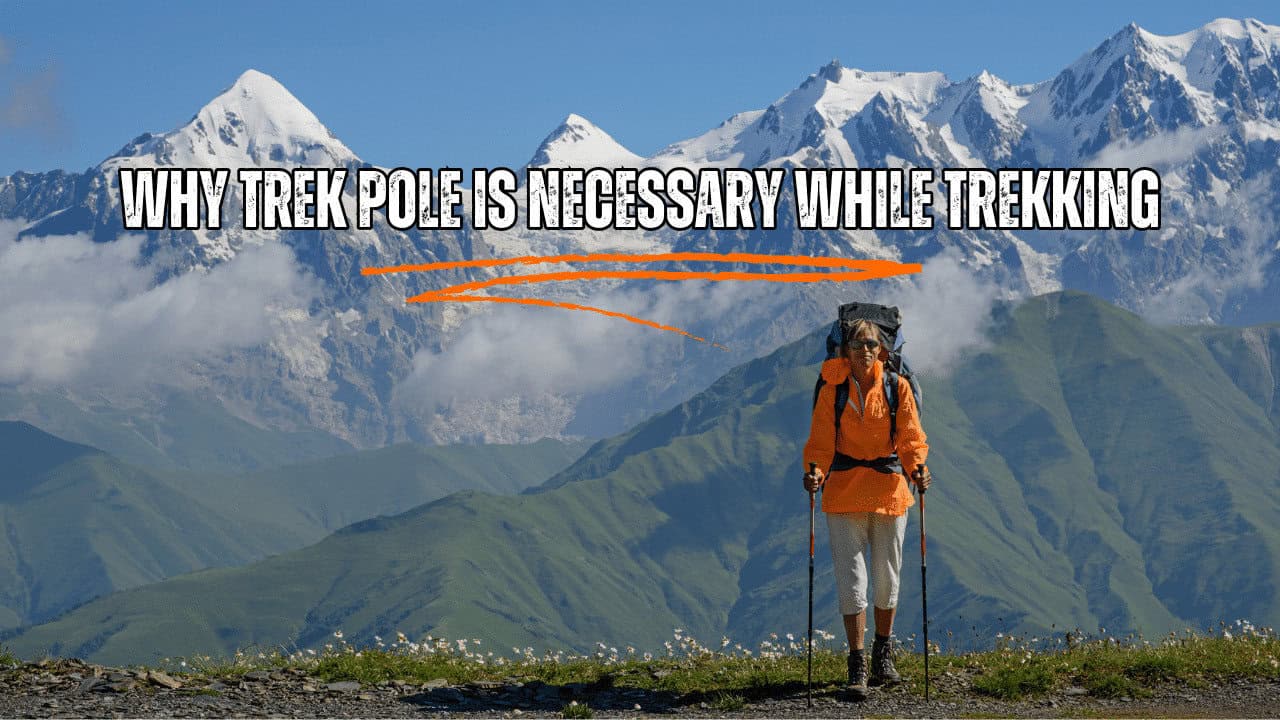
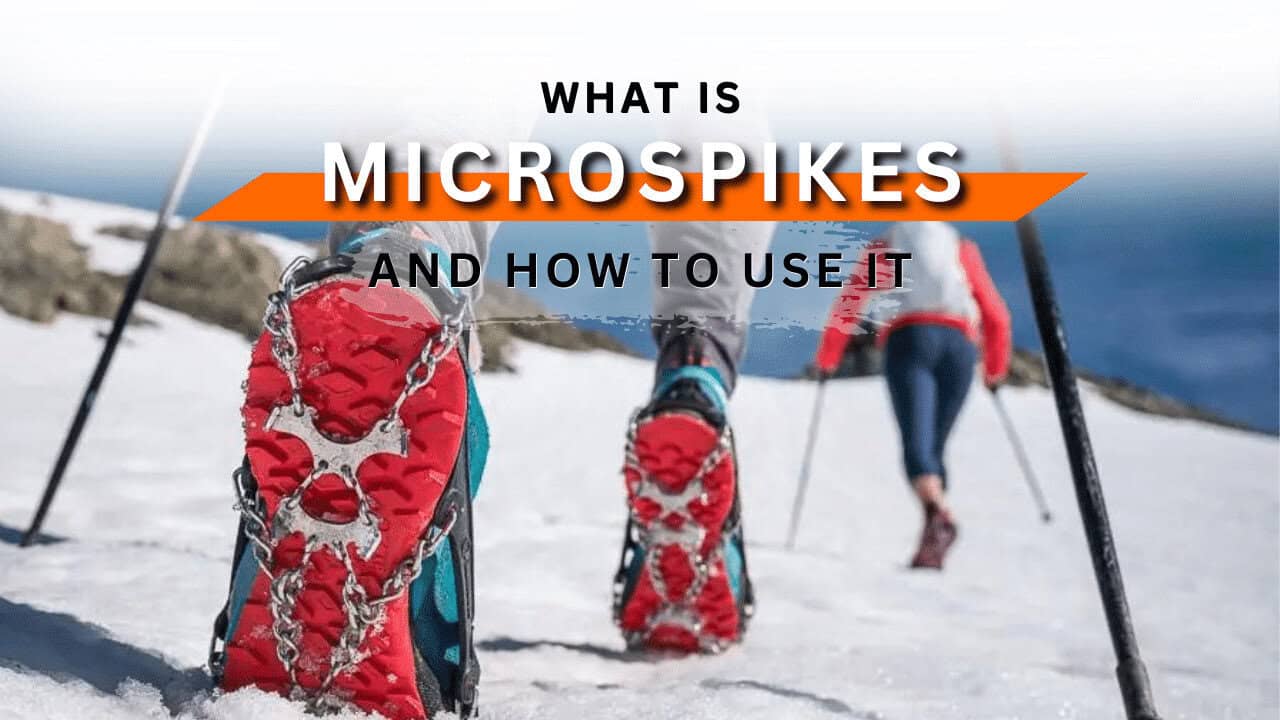
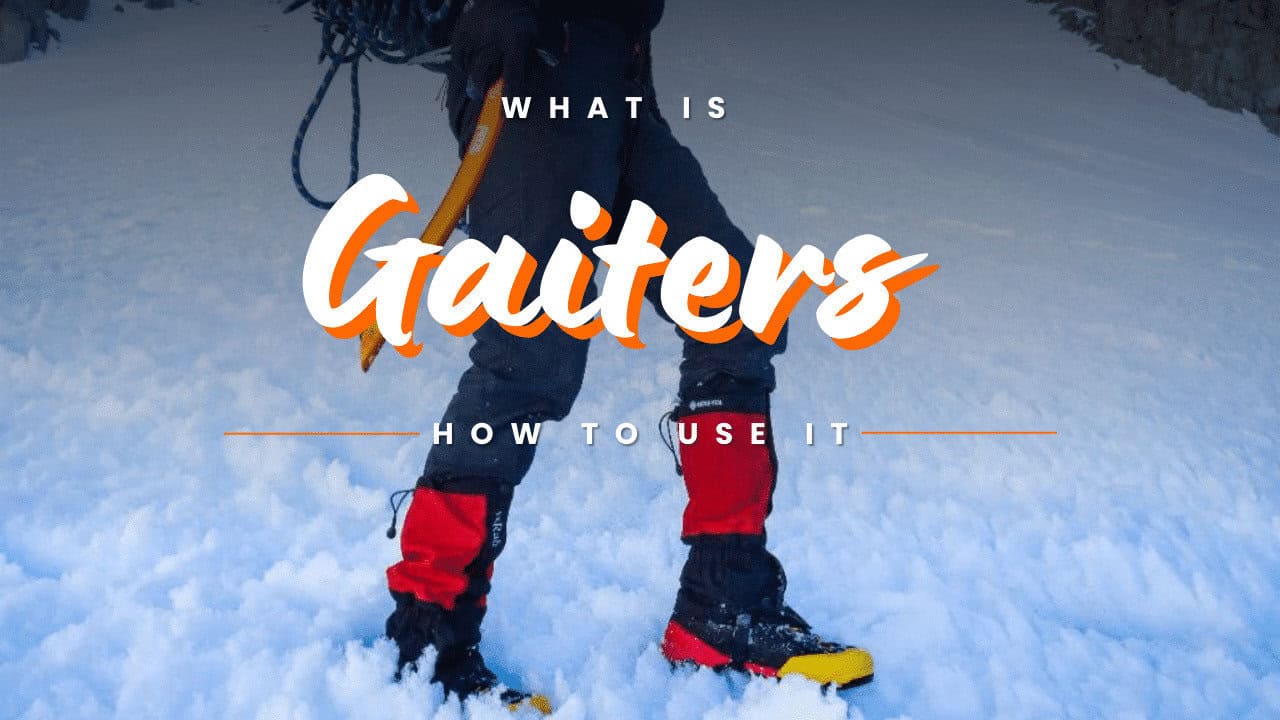
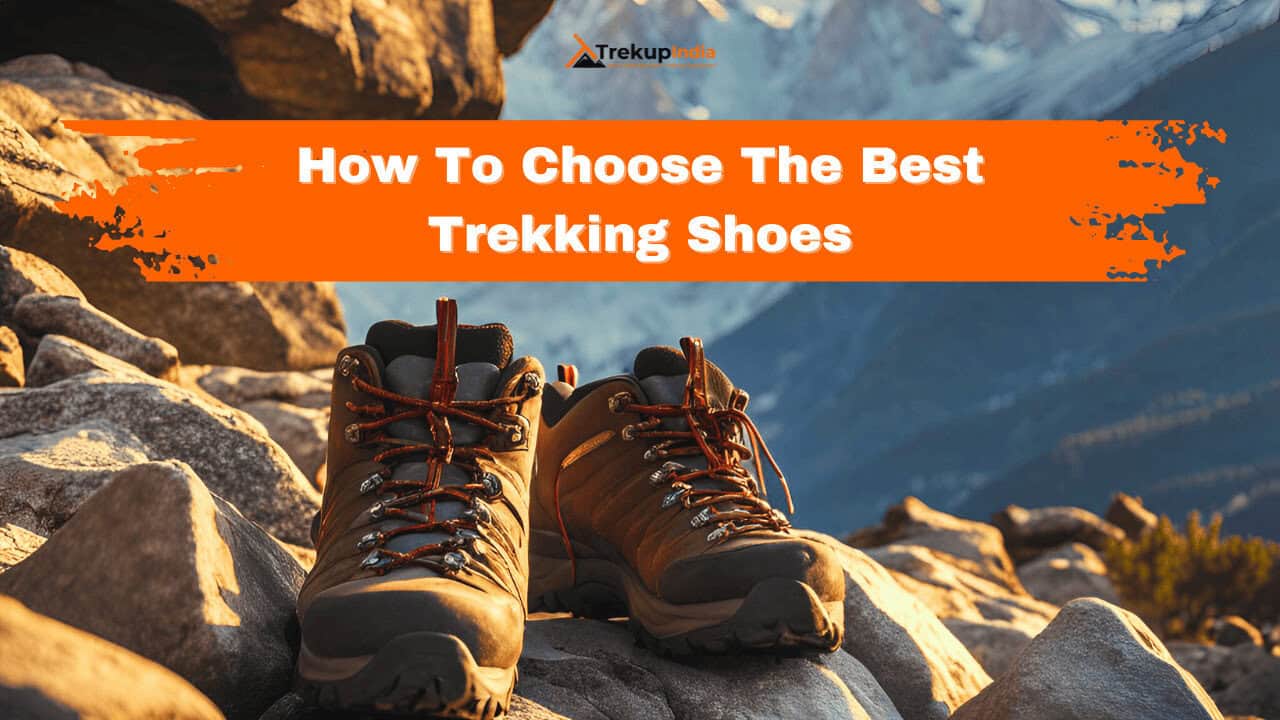
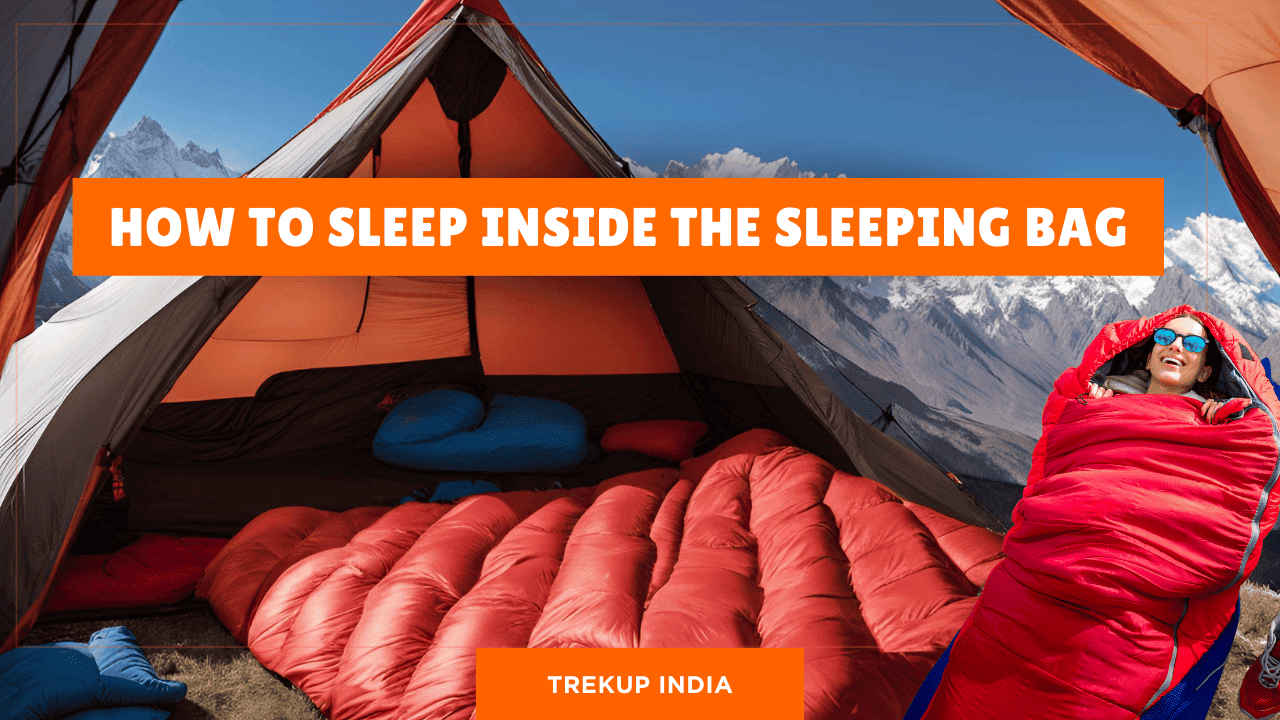
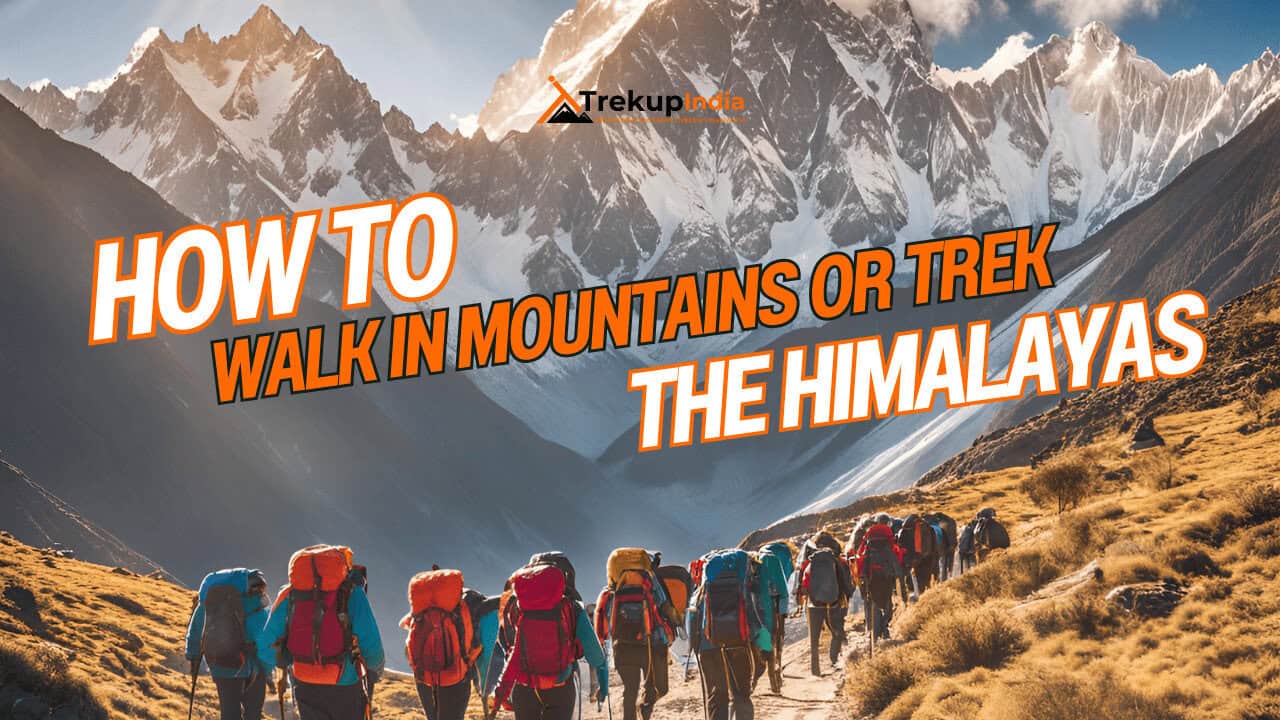
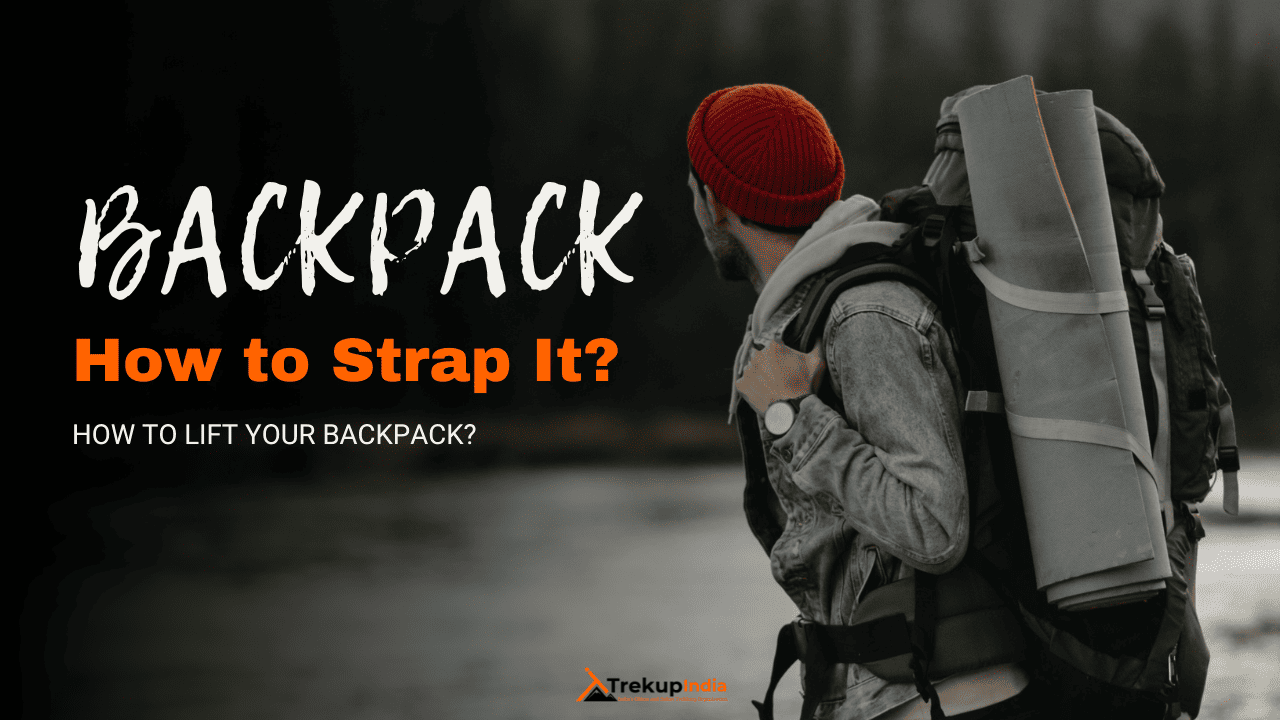
Know Everything About Acute Mountain Sickness
Acute Mountain Sickness occurs when people trek to high altitudes above 8,000 feet. This condition itself develops further due to reduced oxygen levels at such heights. Basically, as you go higher up, the air pressure and oxygen levels decrease, which causes the same problem. Acute Mountain Sickness surely causes headache, nausea, vomiting, and dizziness in affected persons. Moreover, peoples also experience difficulty in sleeping during this condition. To avoid mountain sickness, you should actually trek up slowly to higher altitudes. To learn further about this condition itself, watch the videos by Trekup India.
